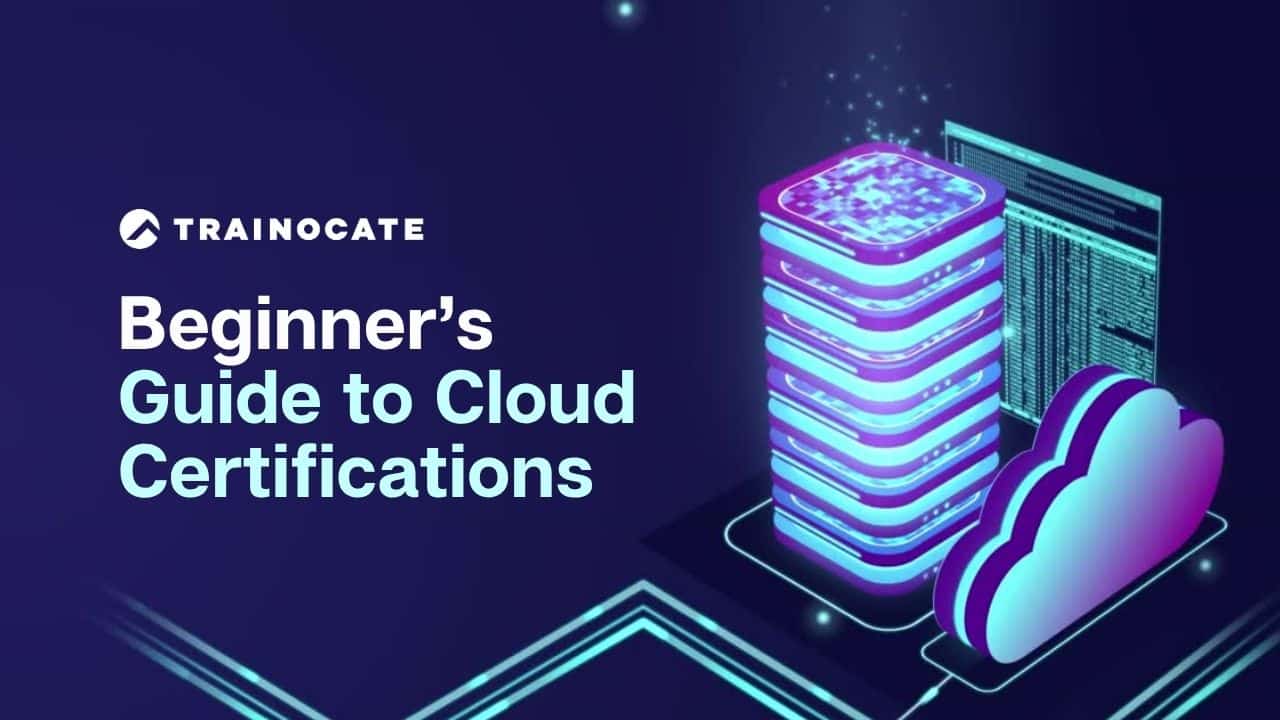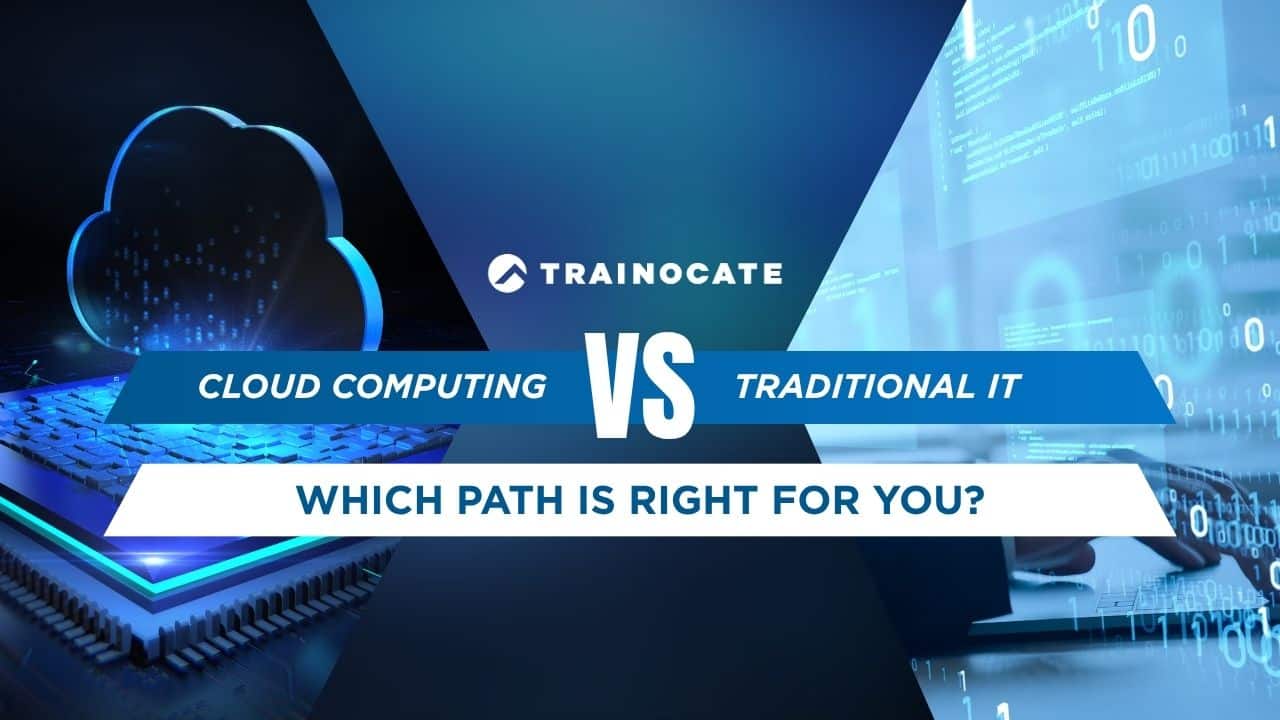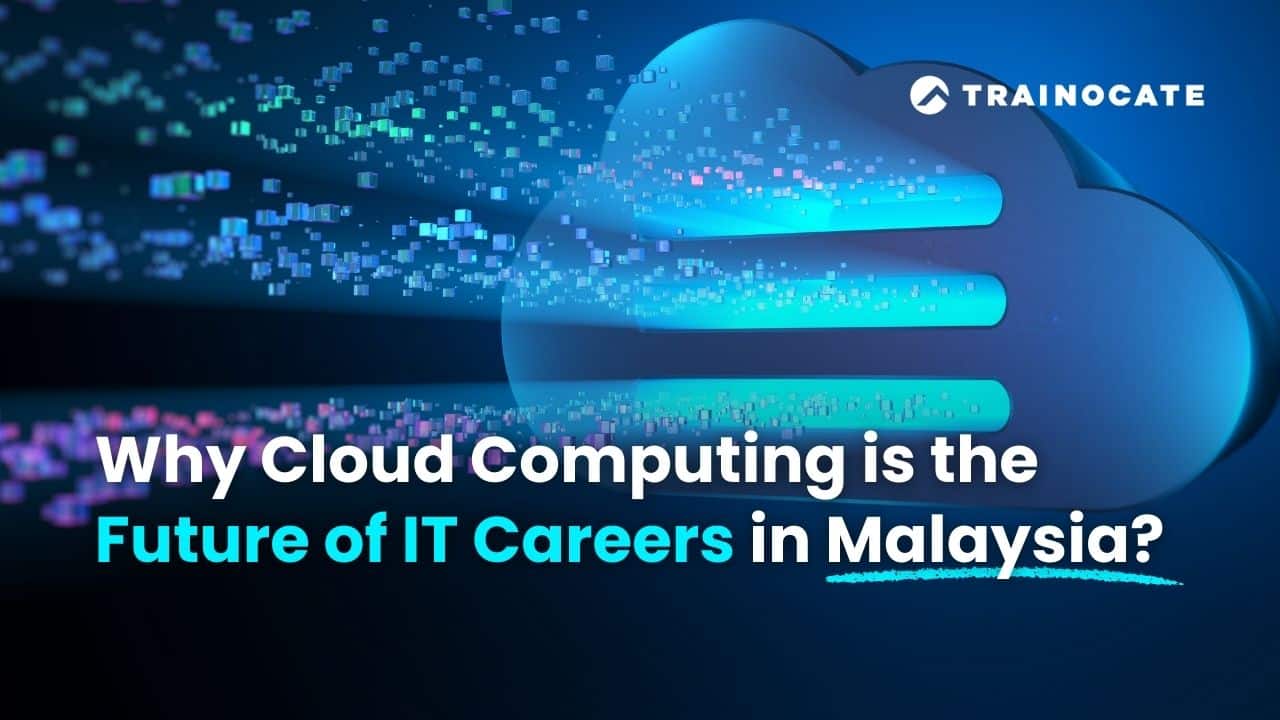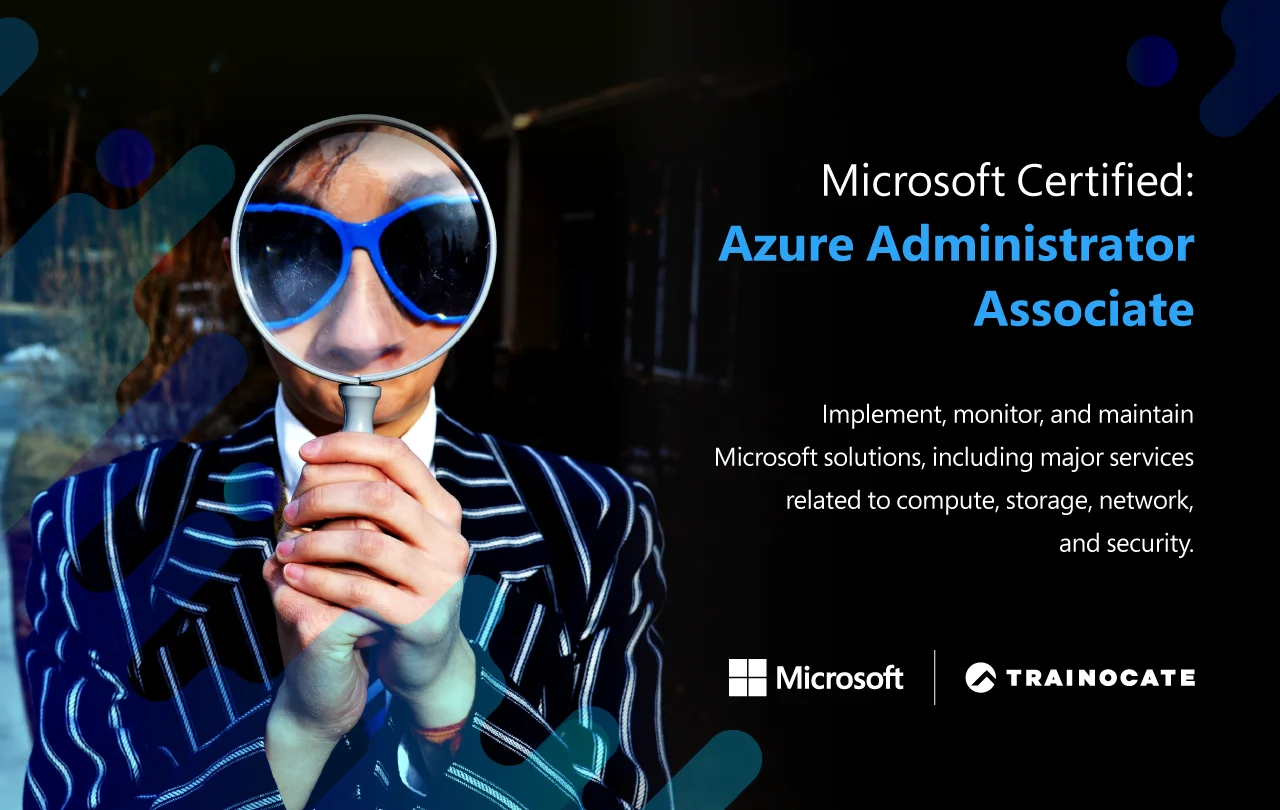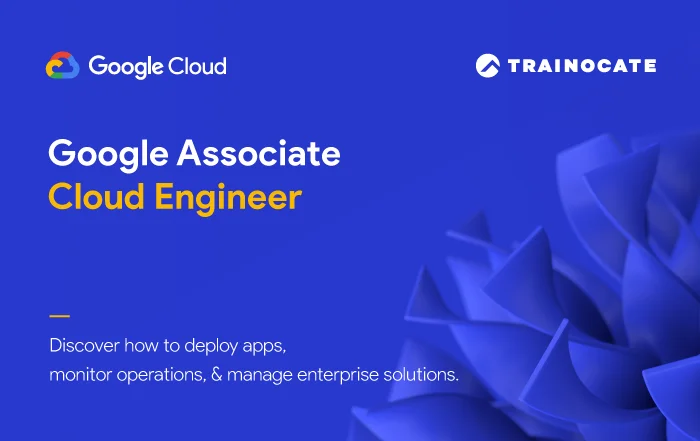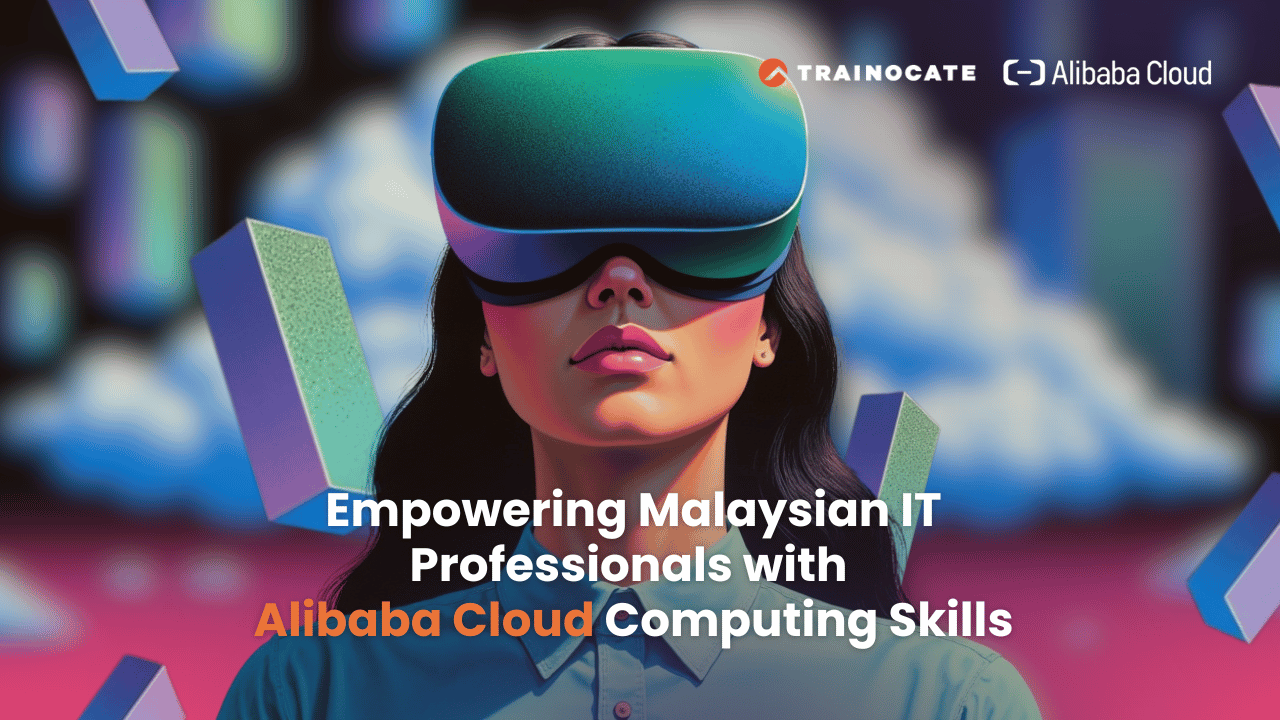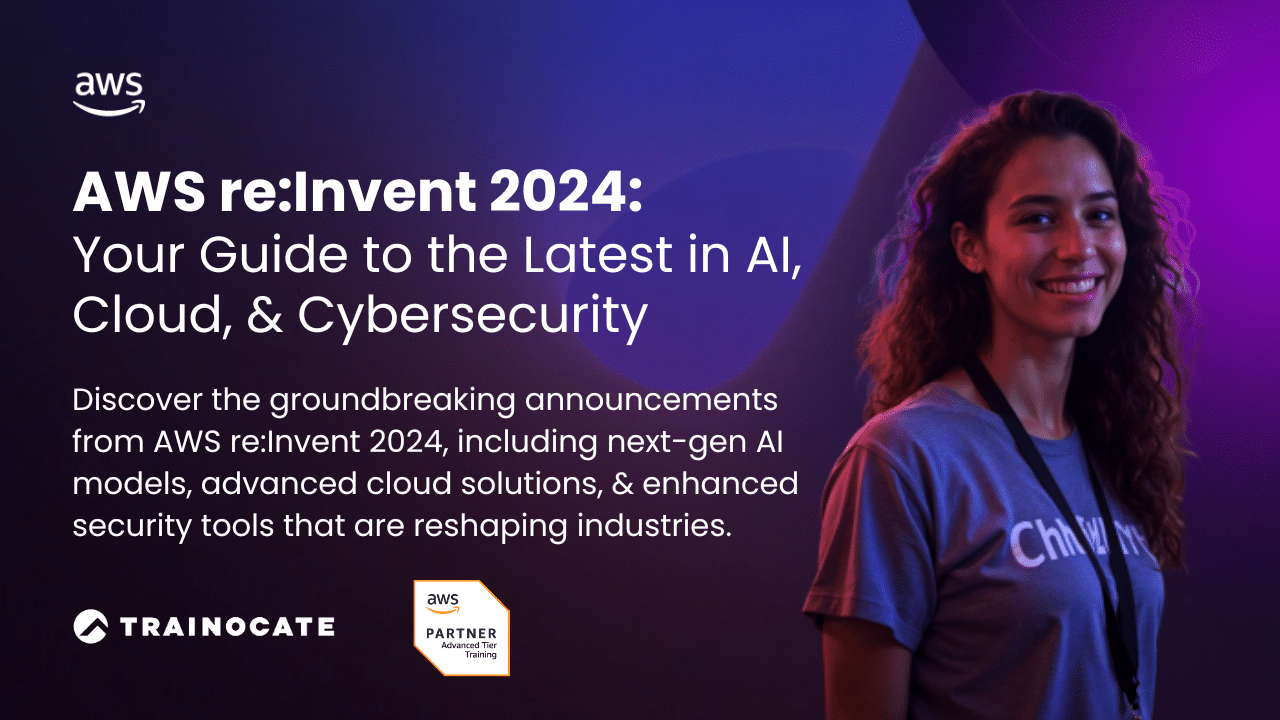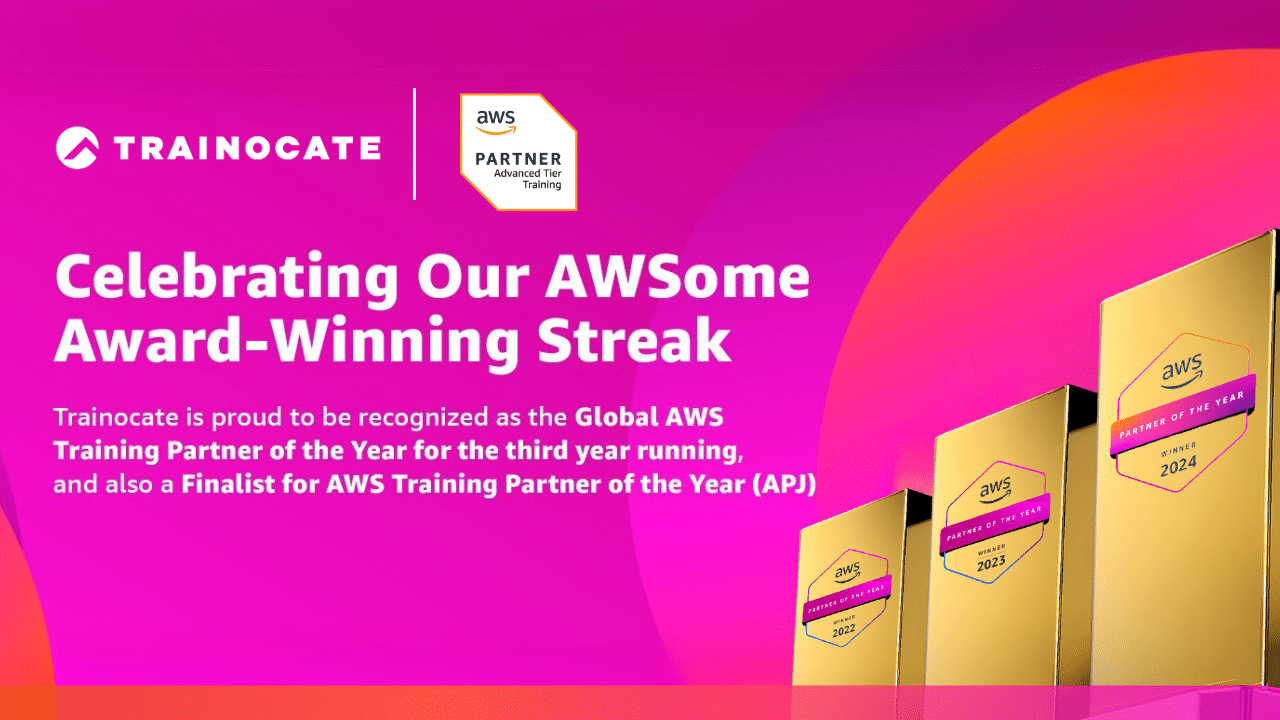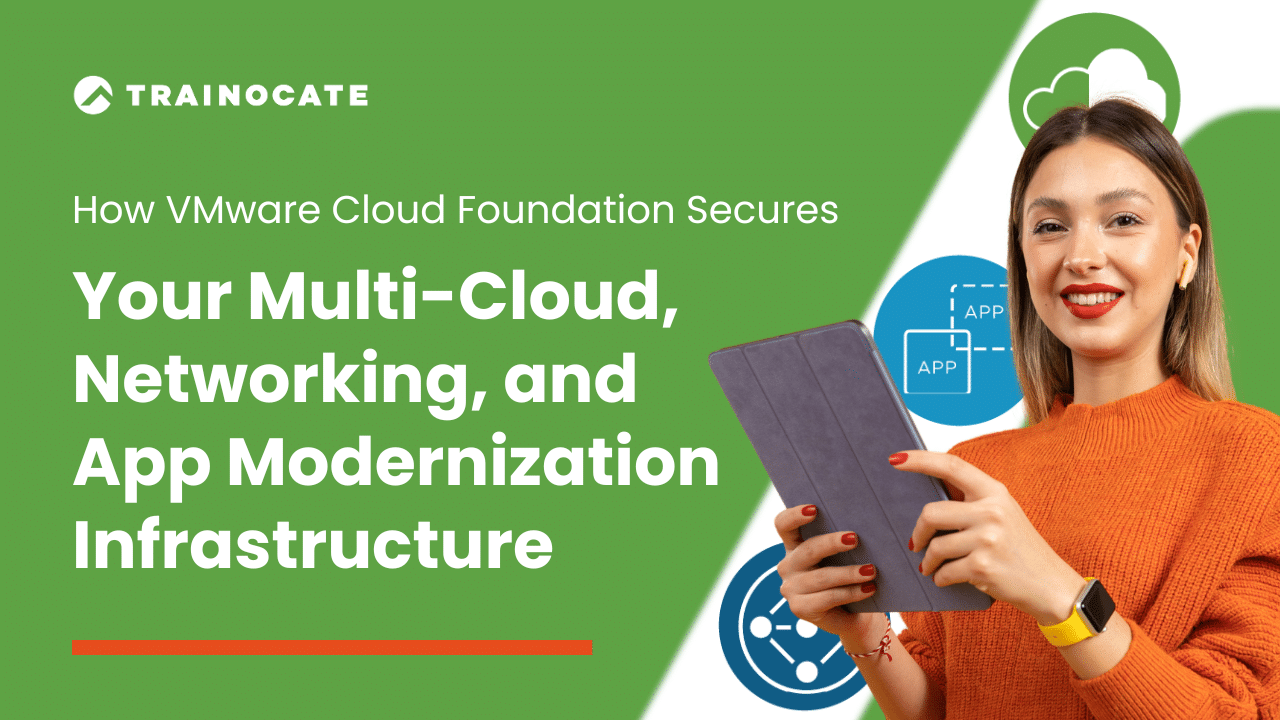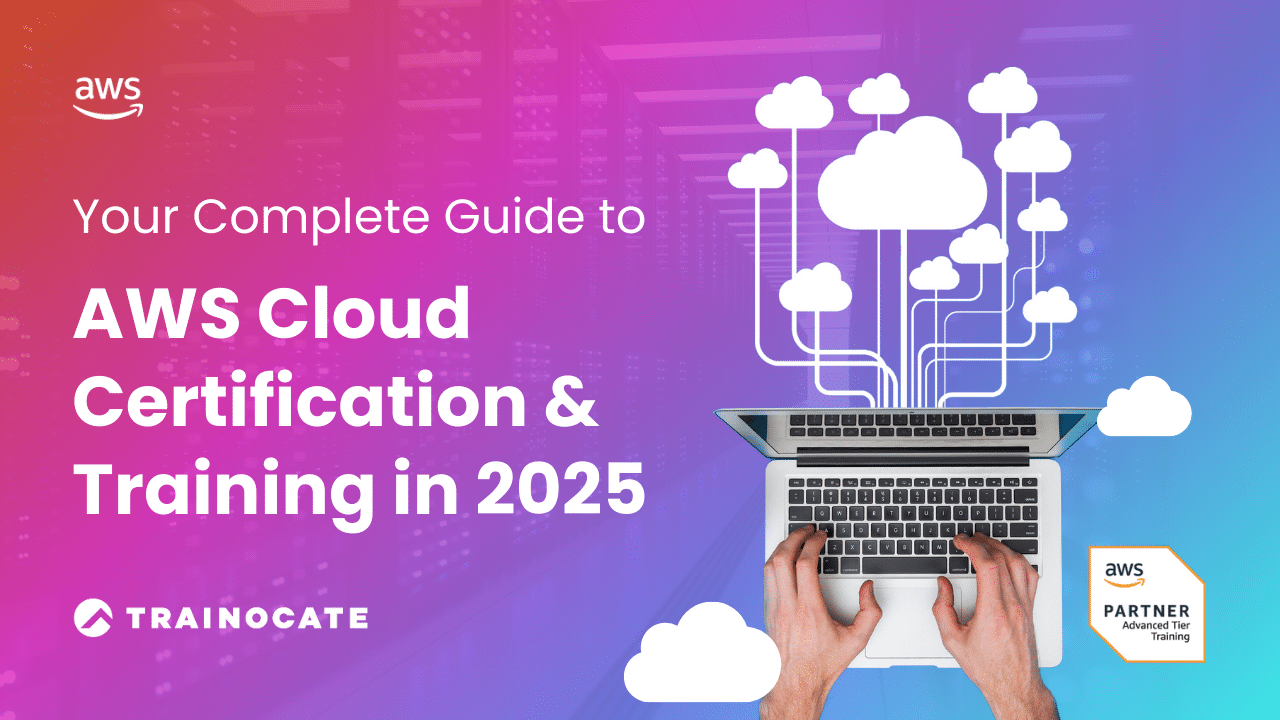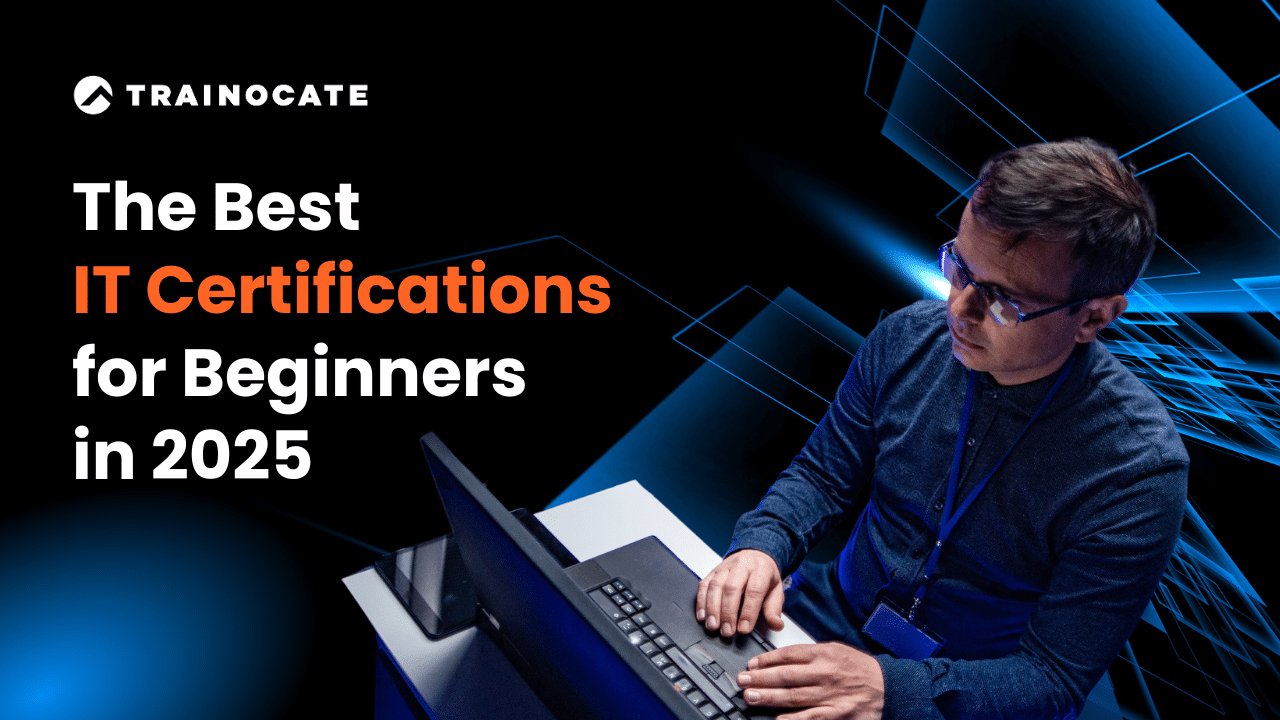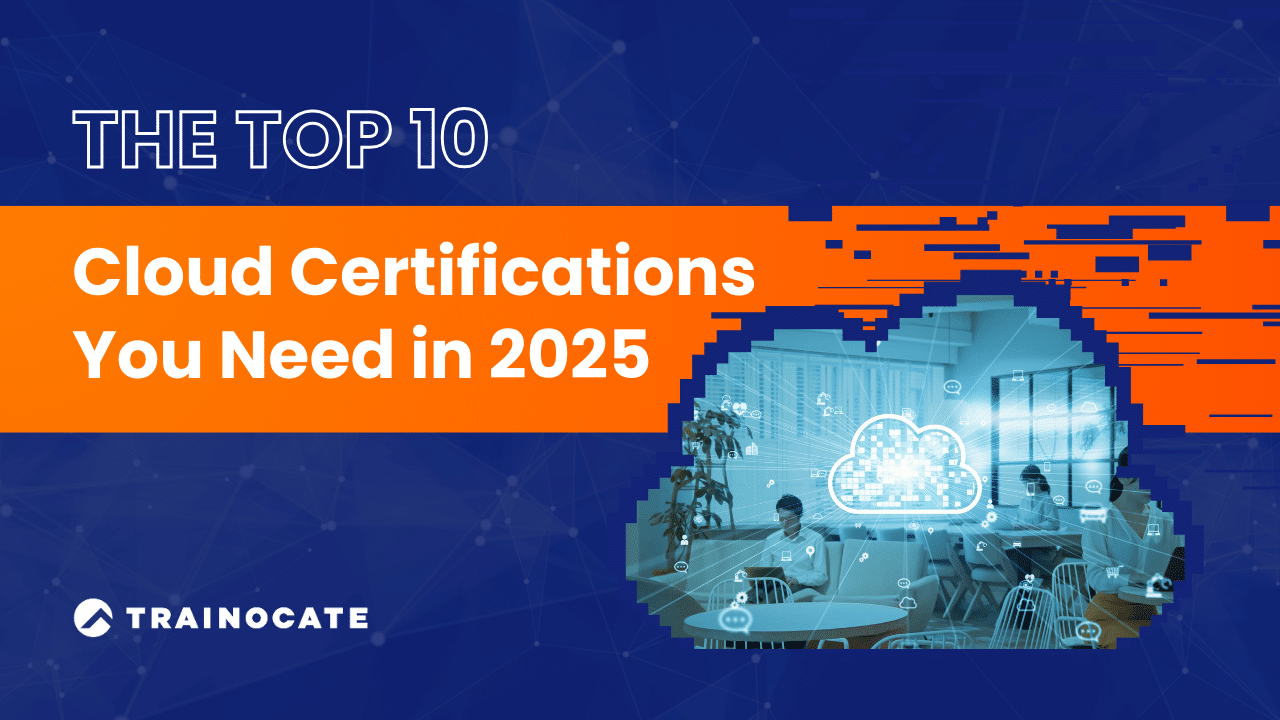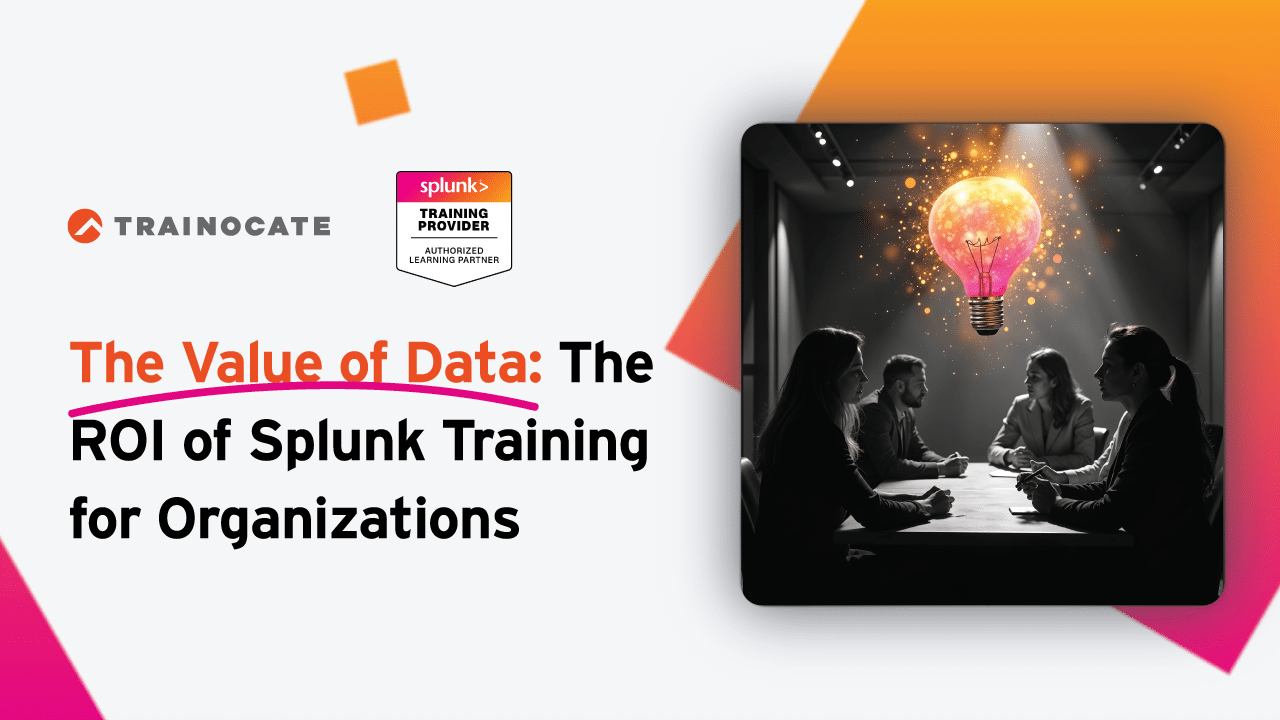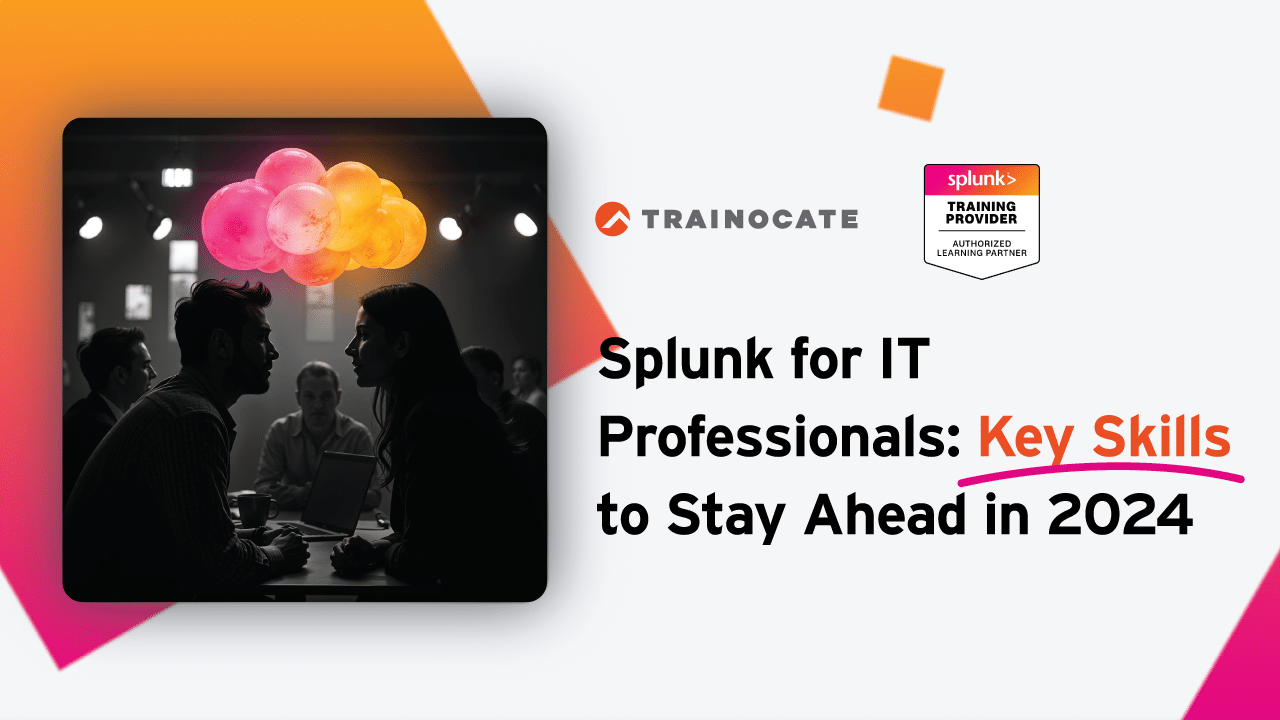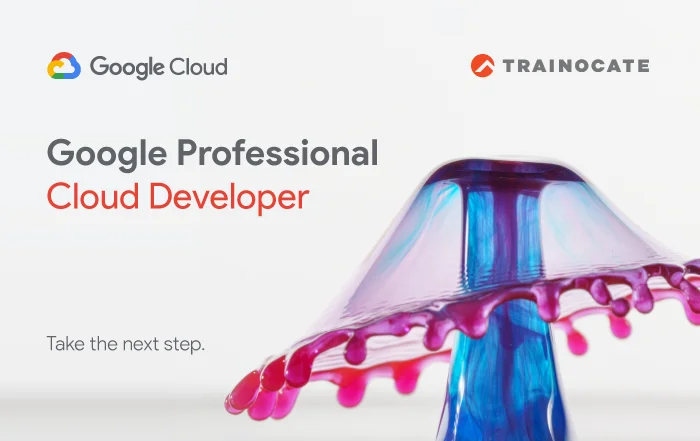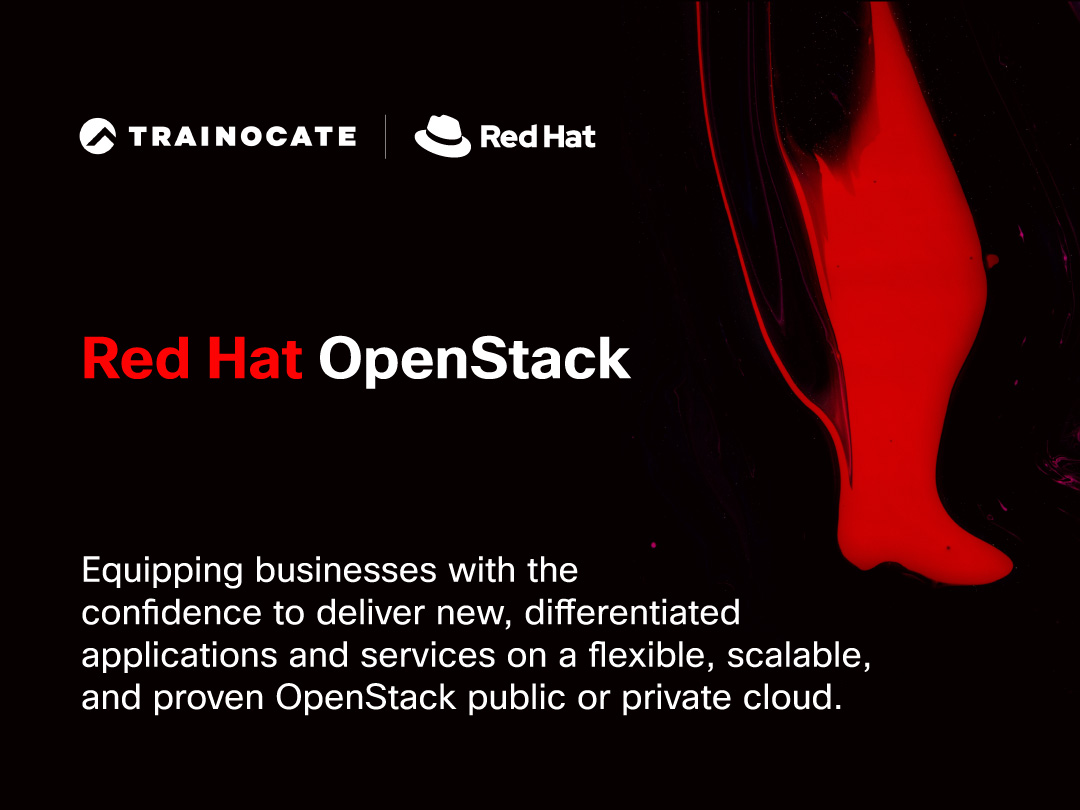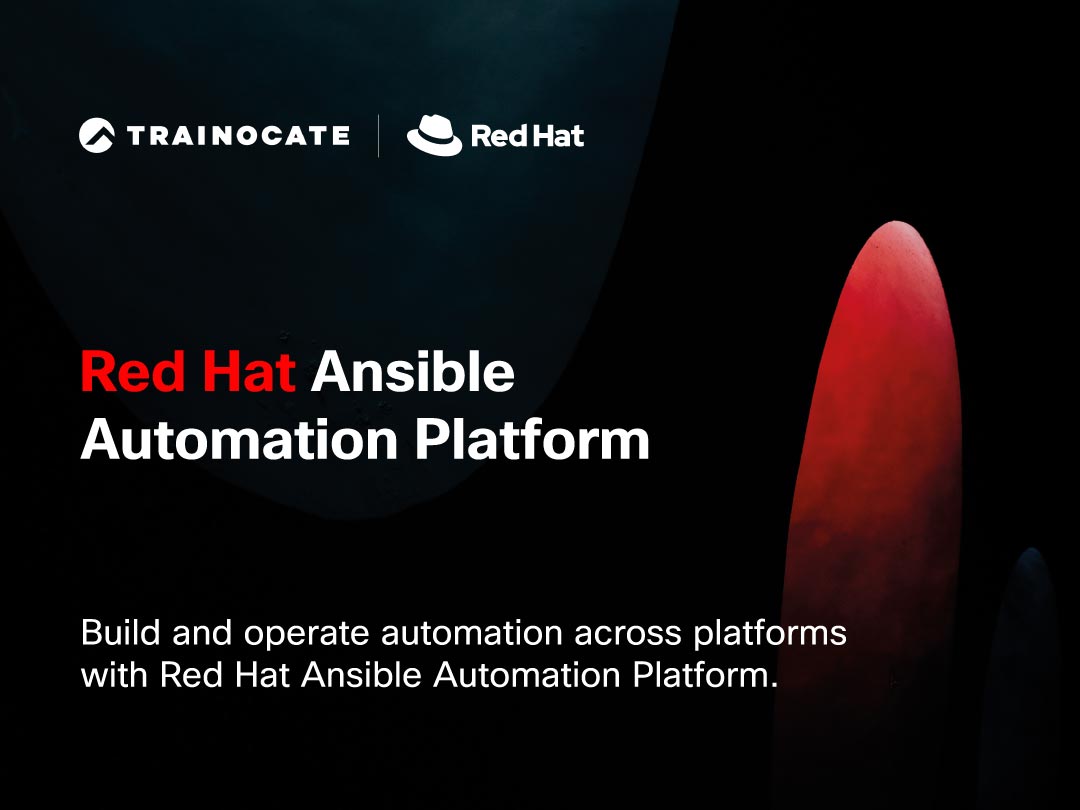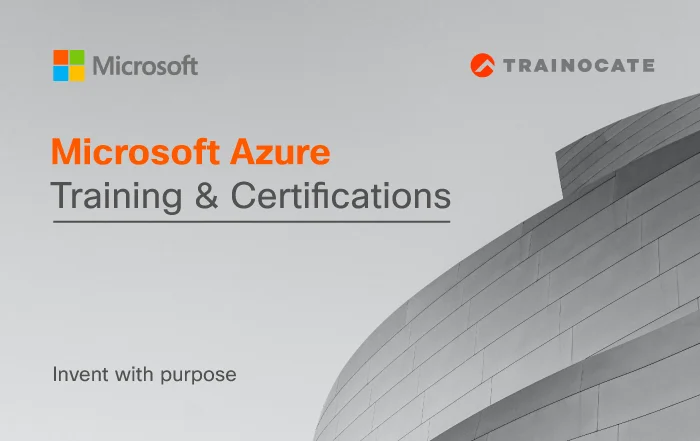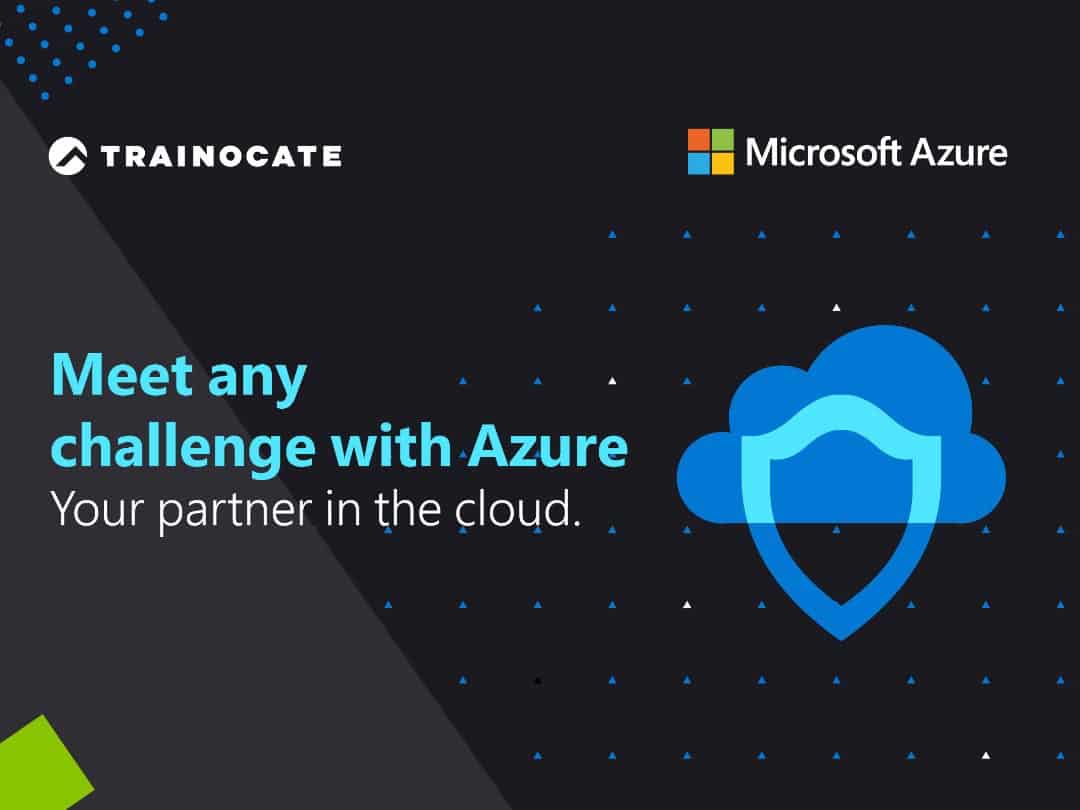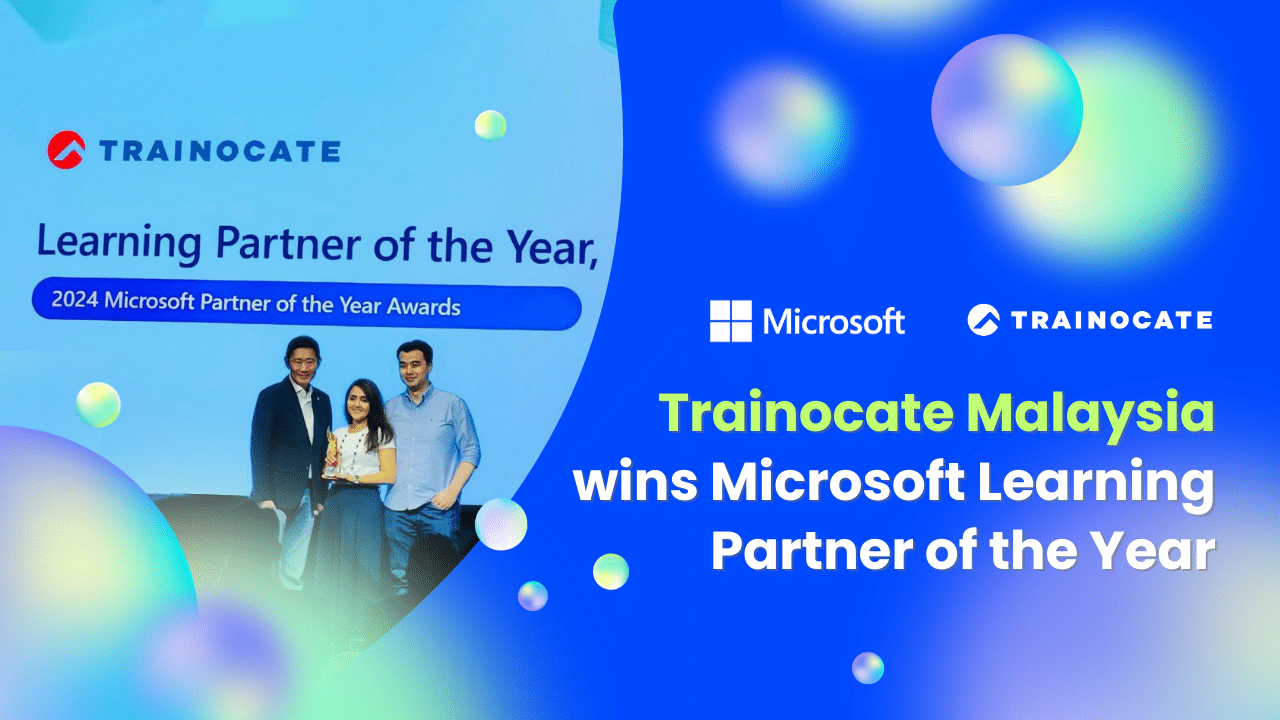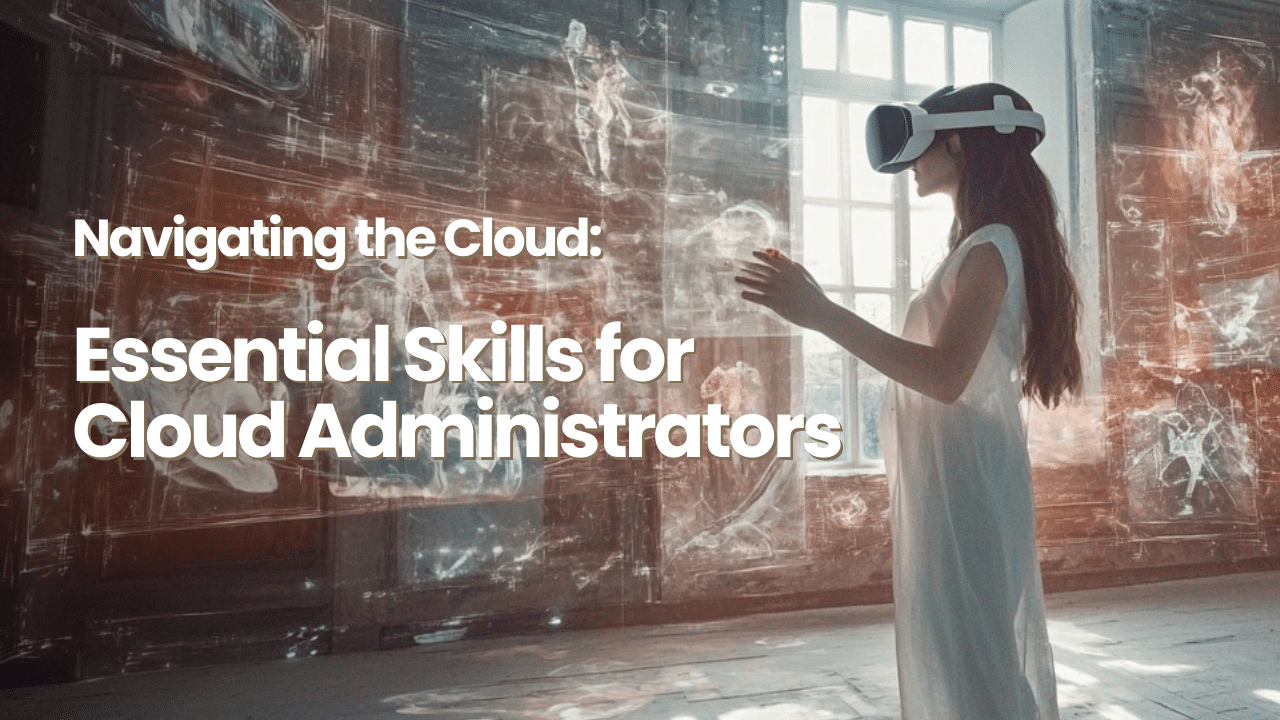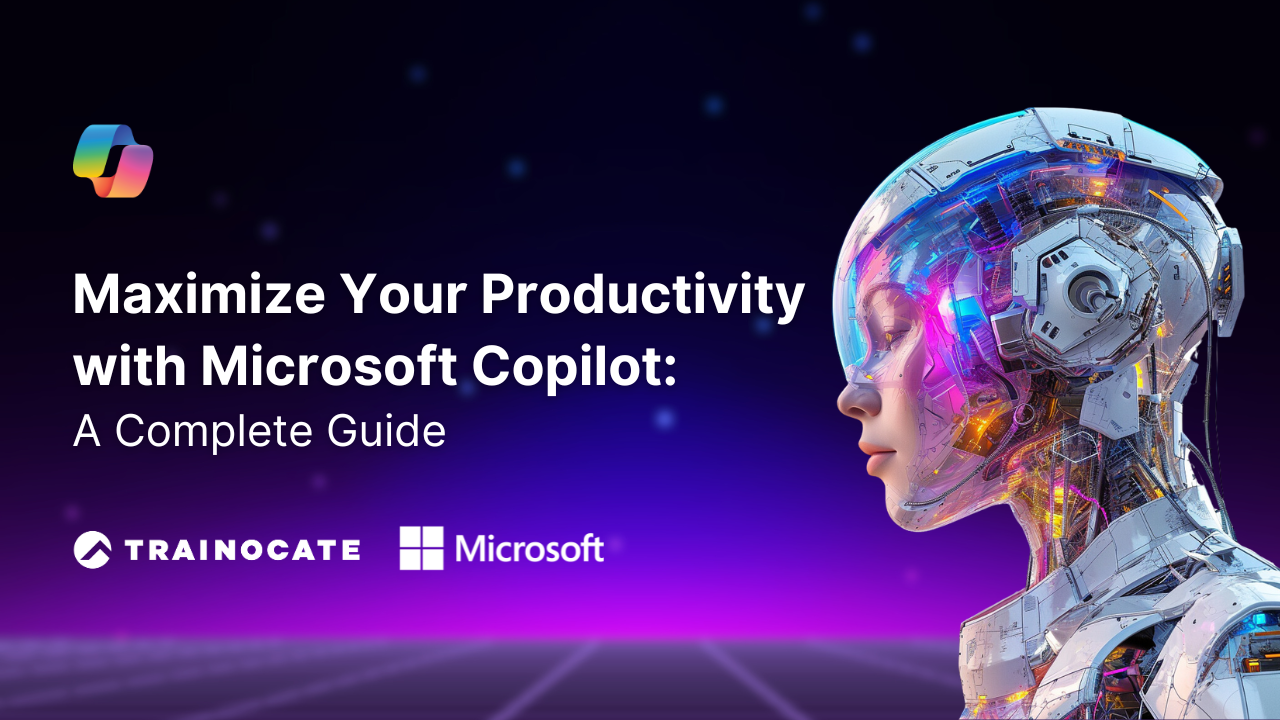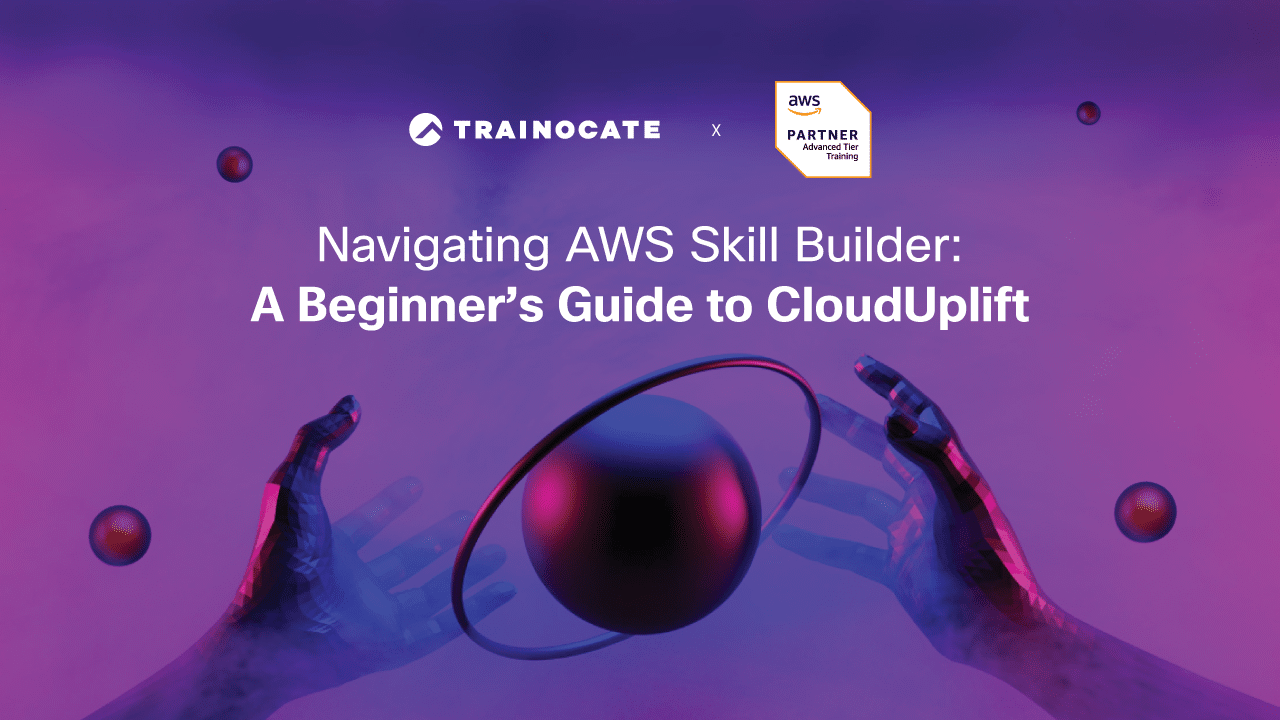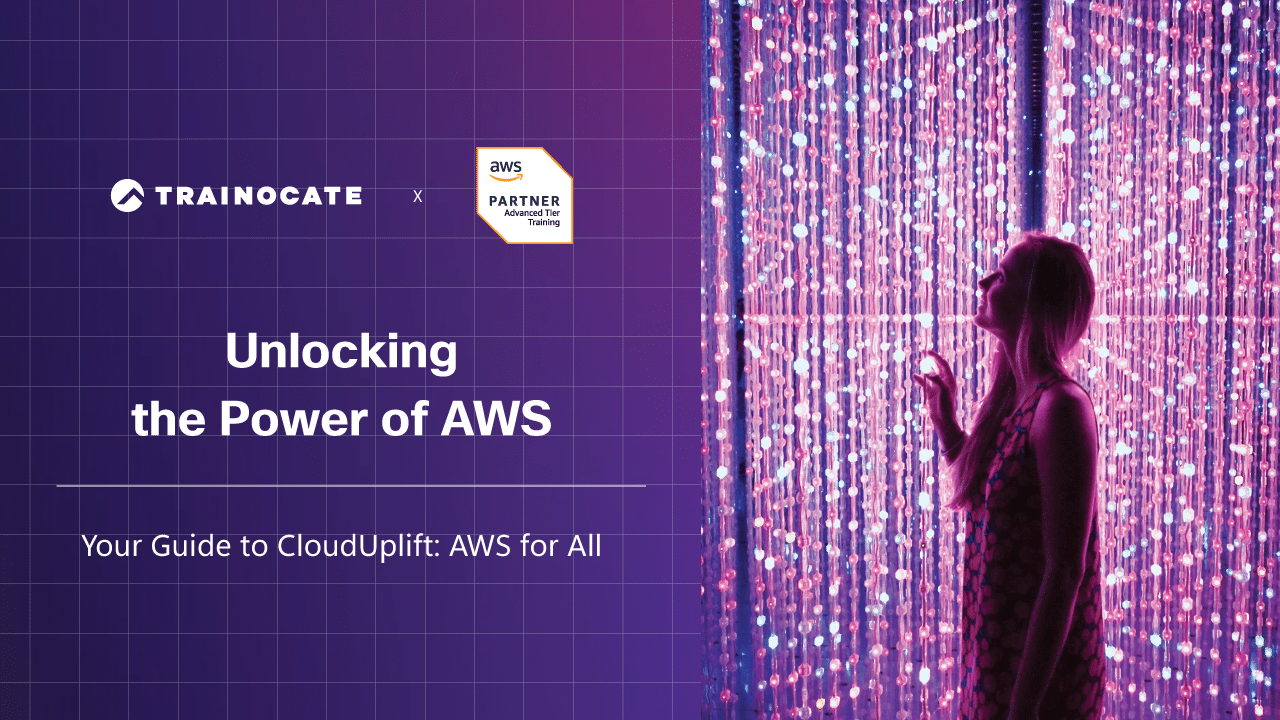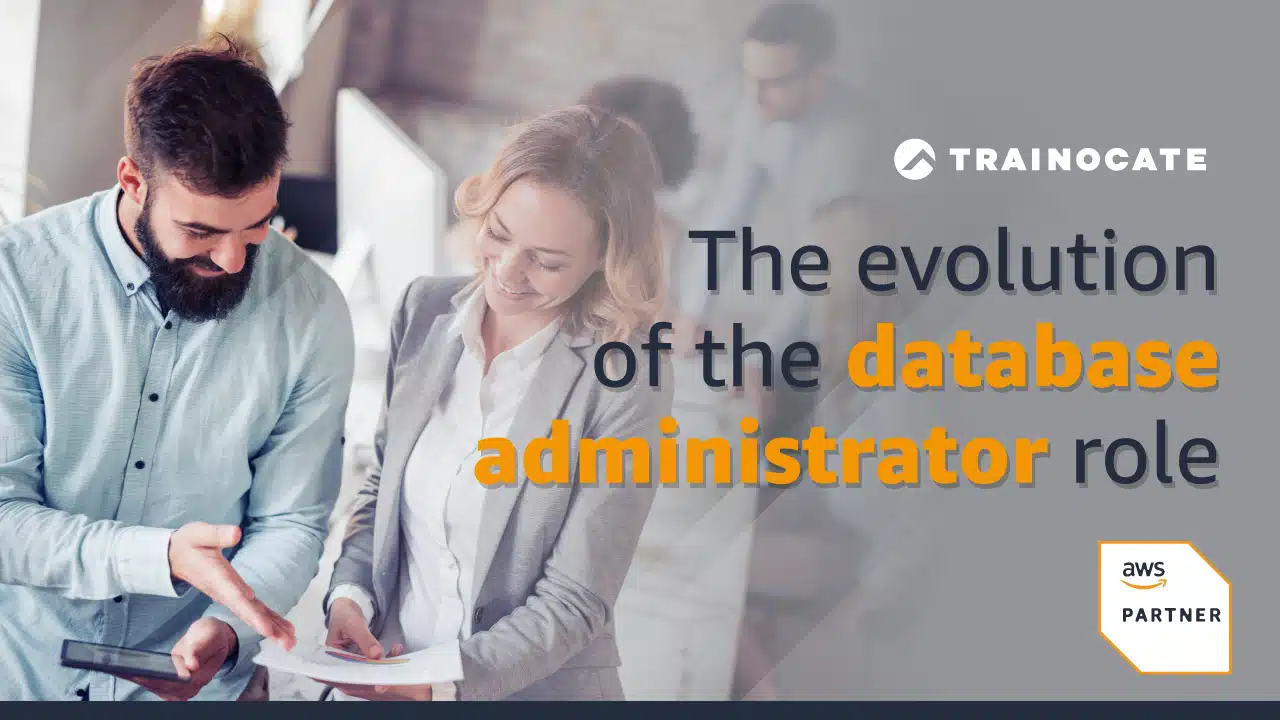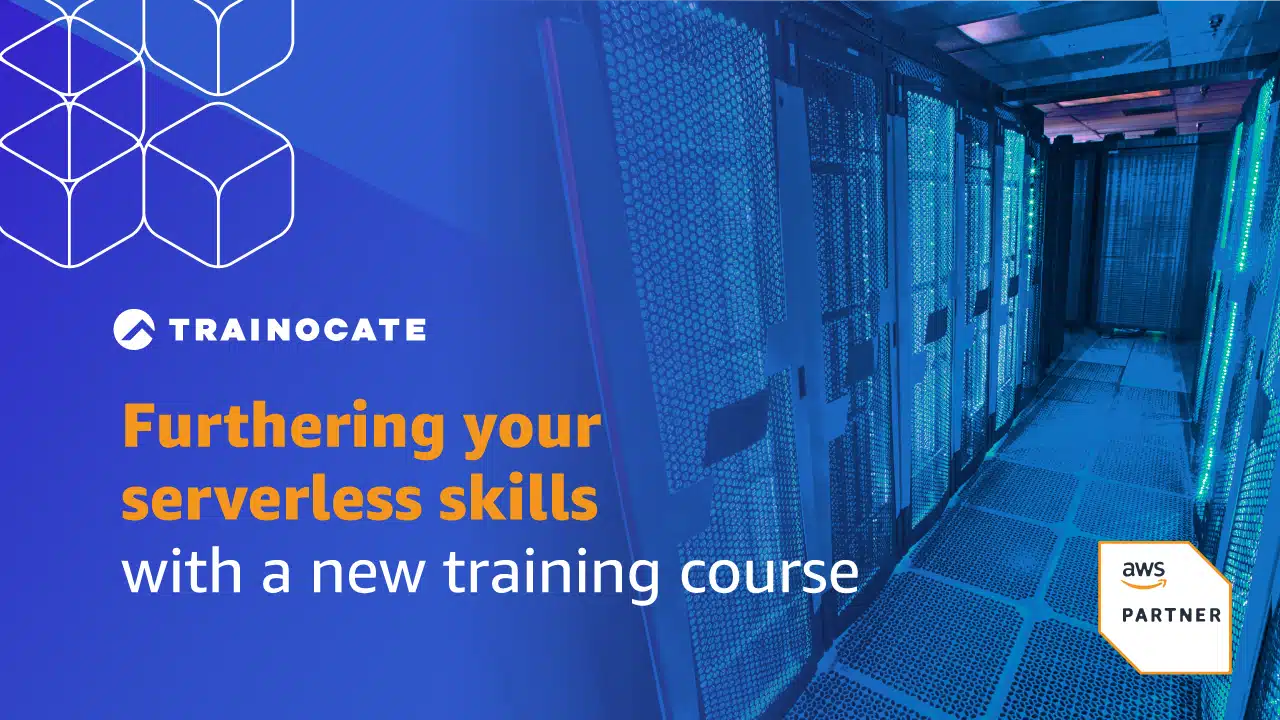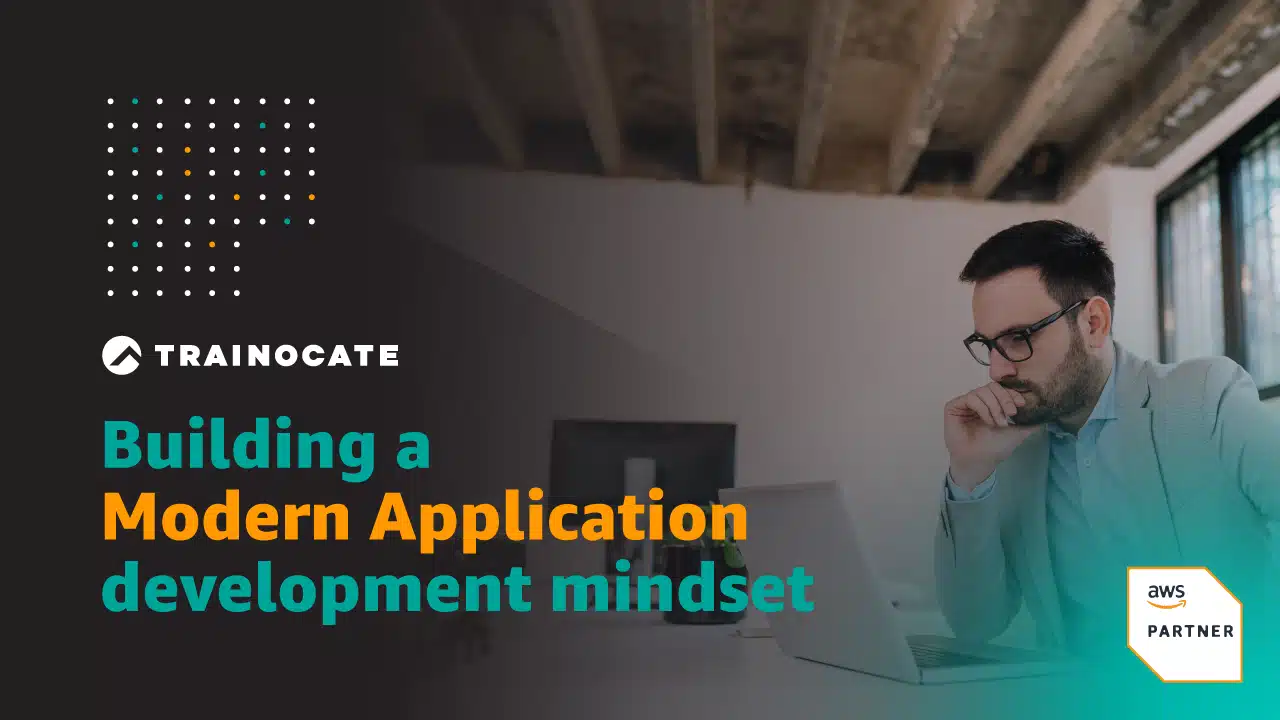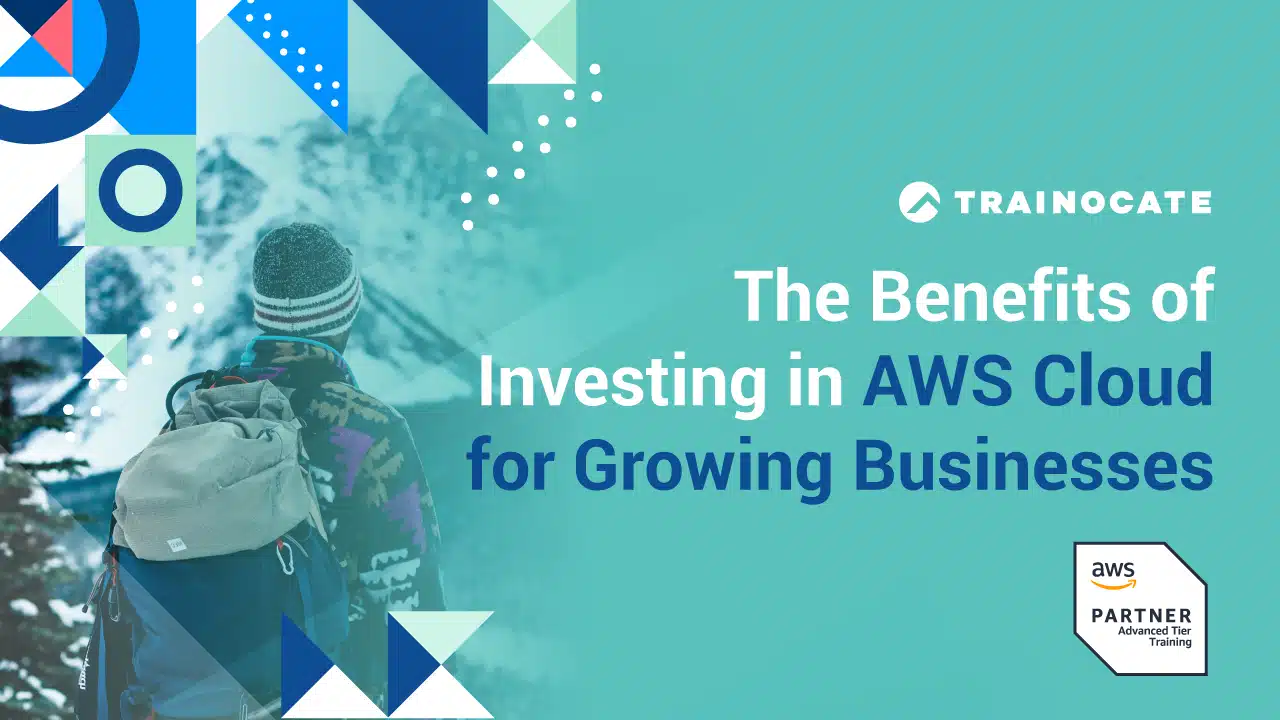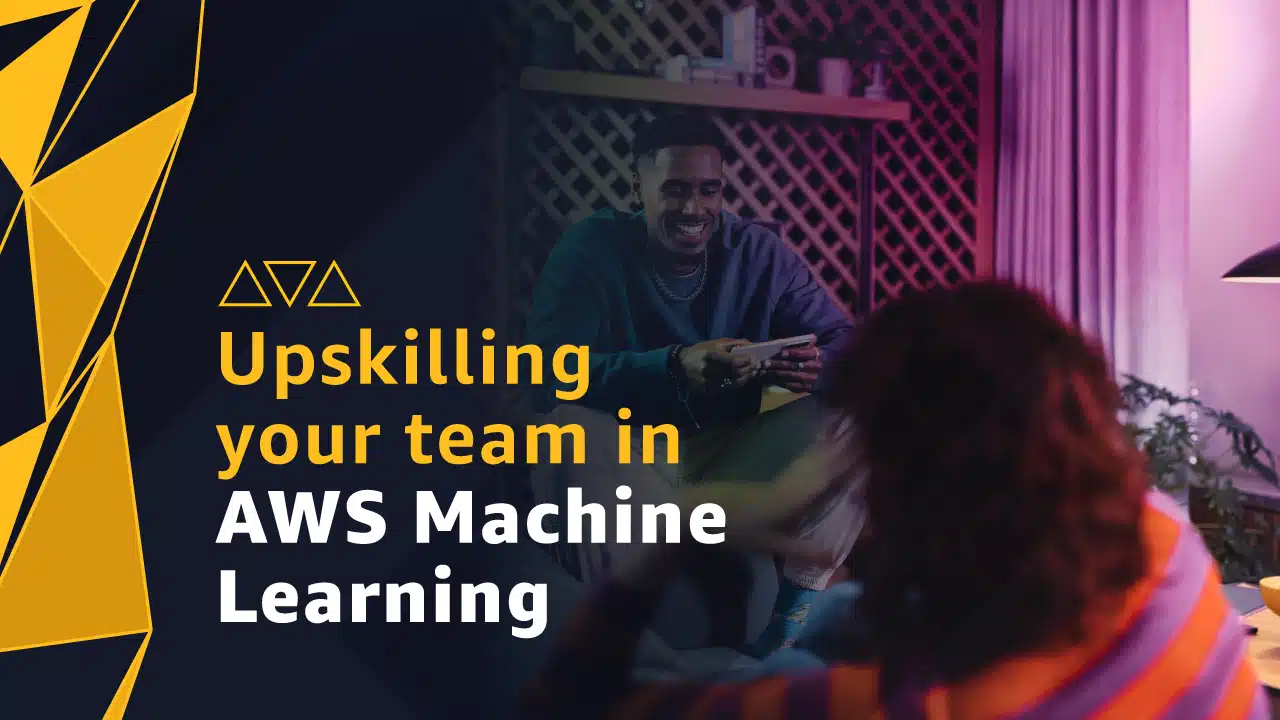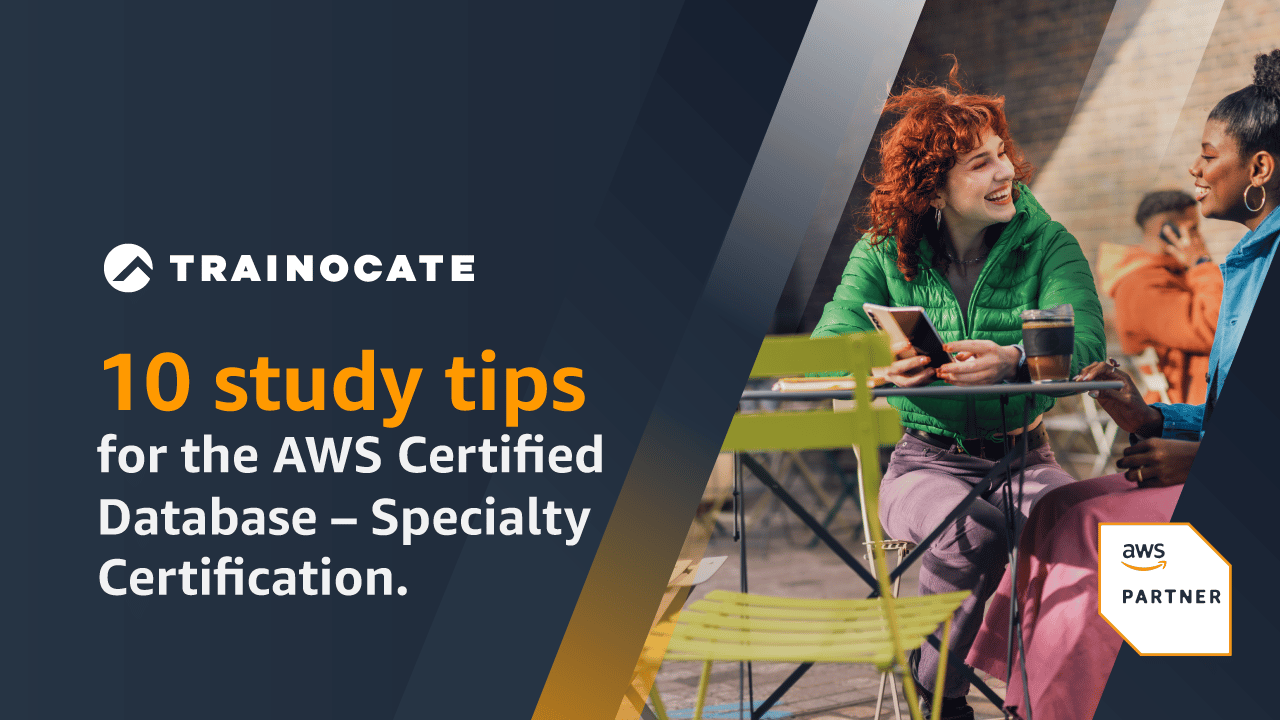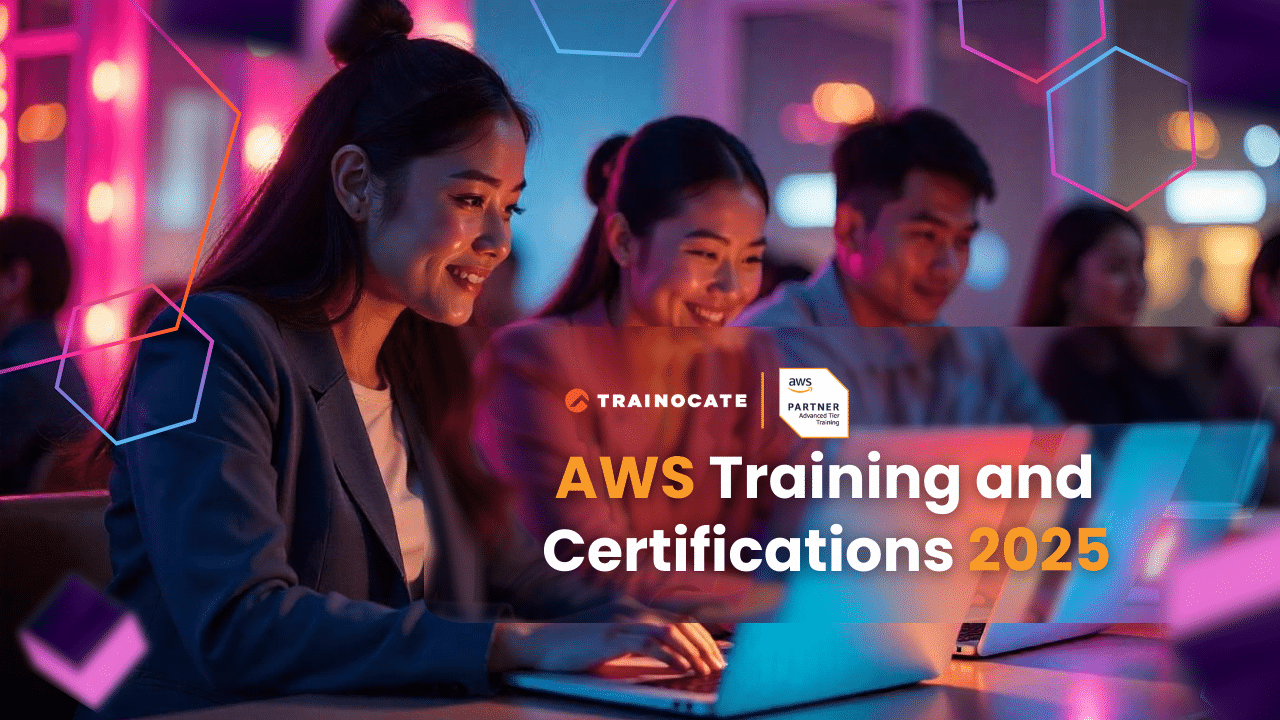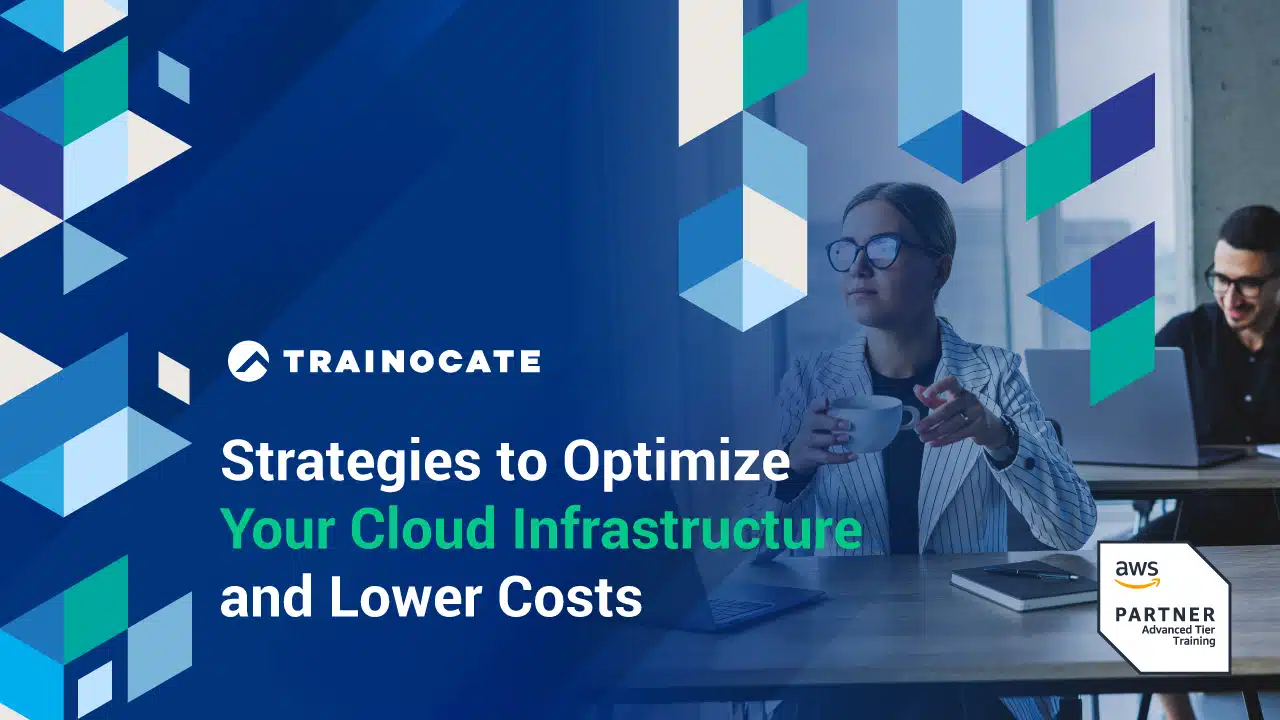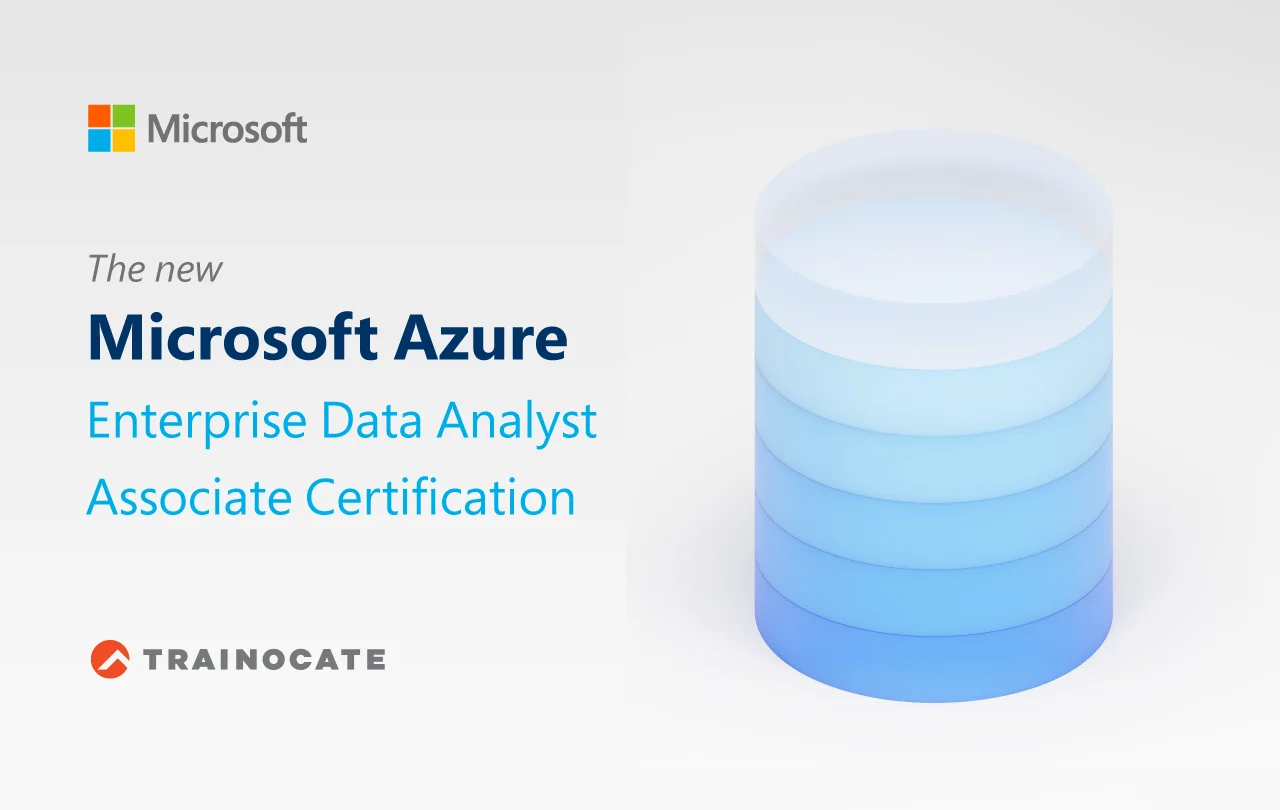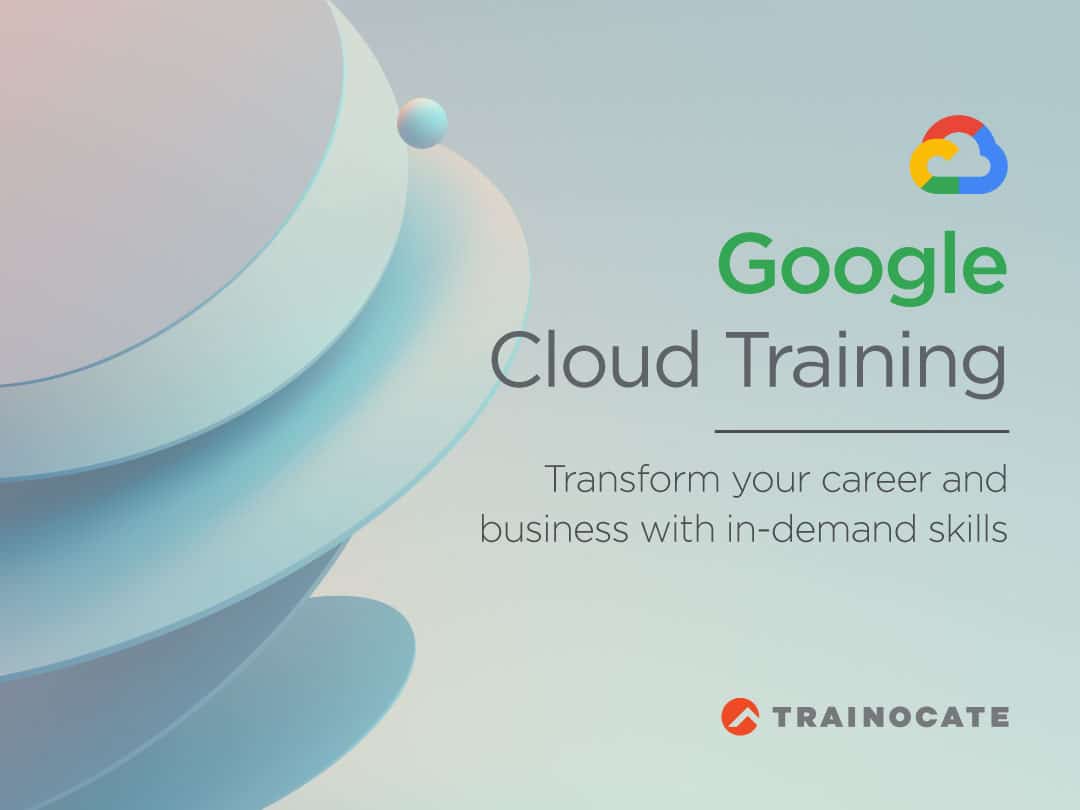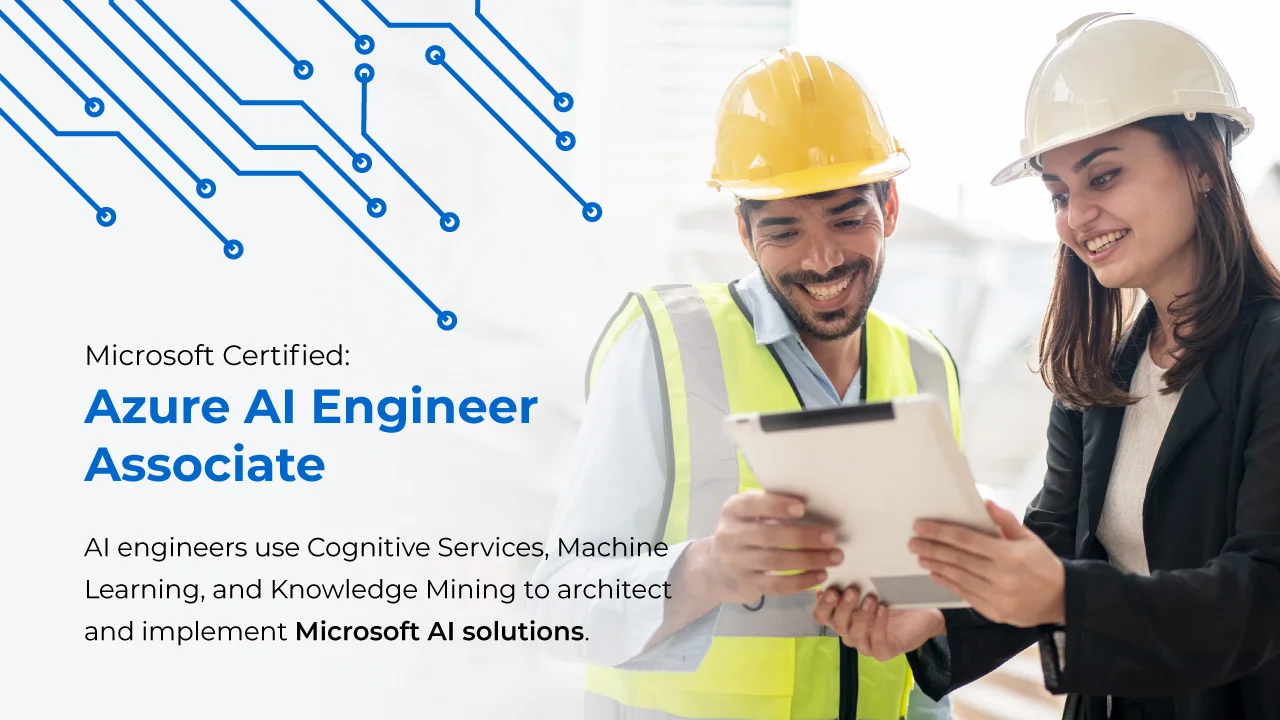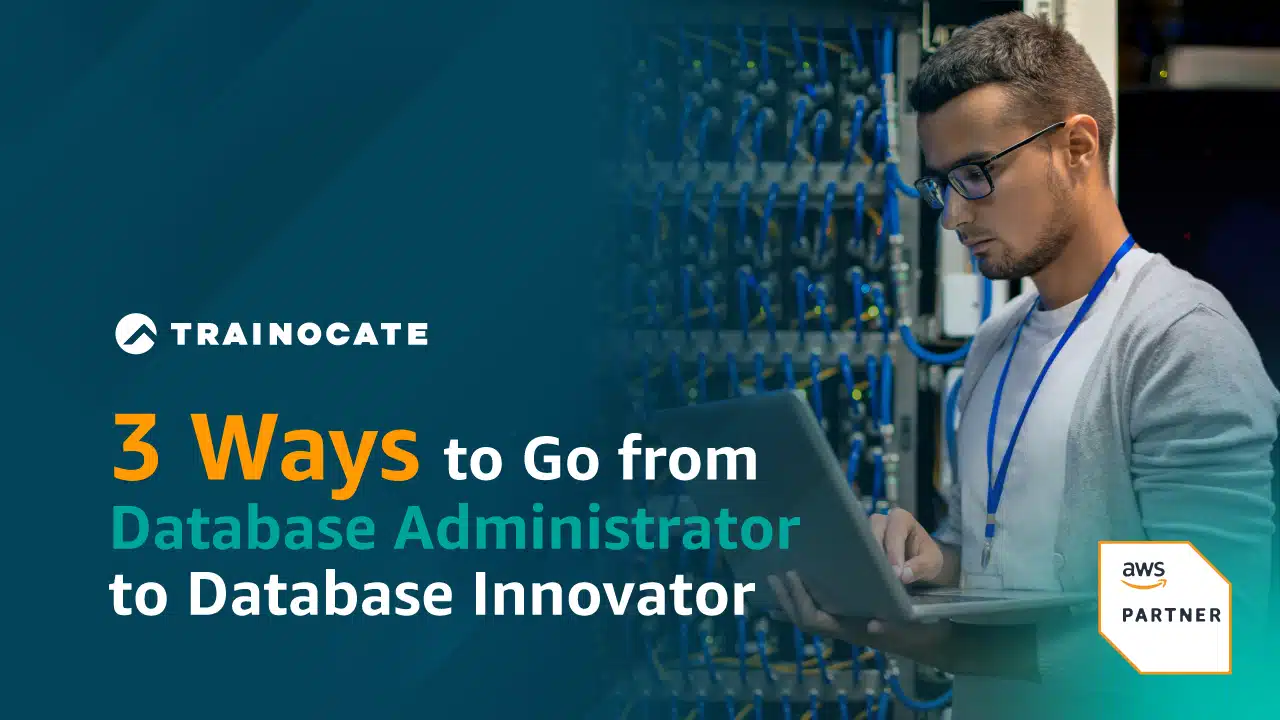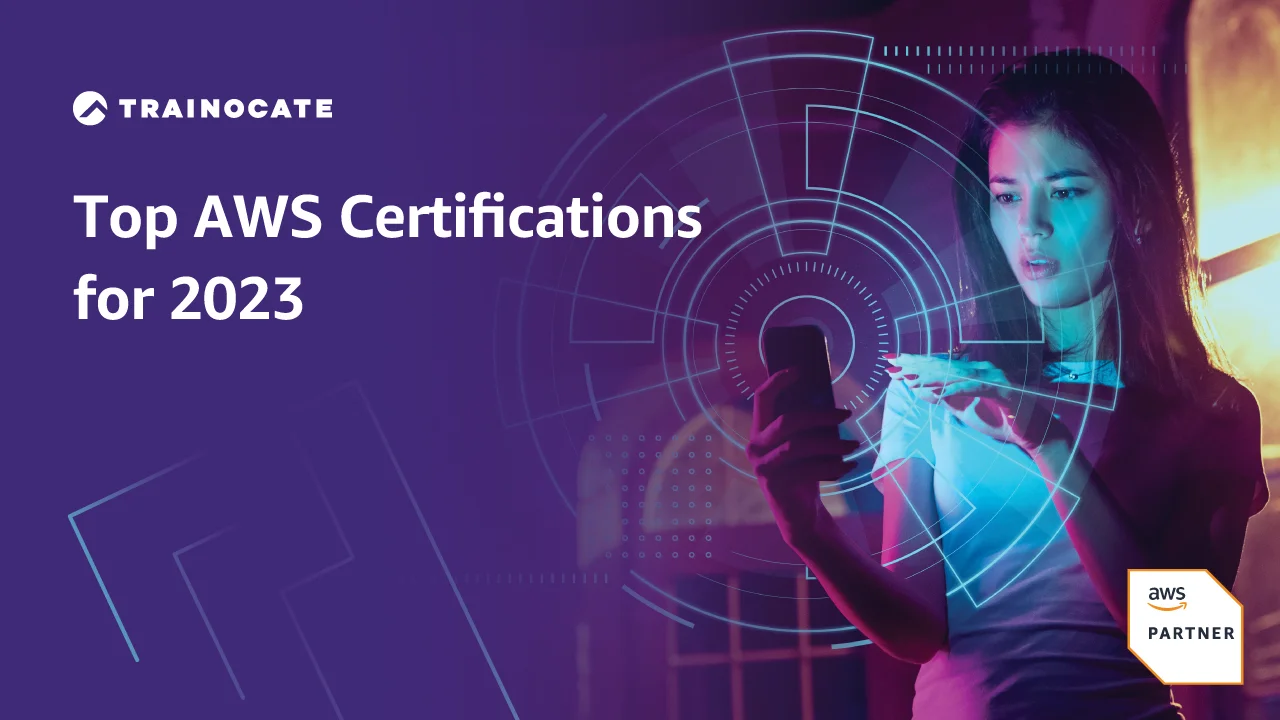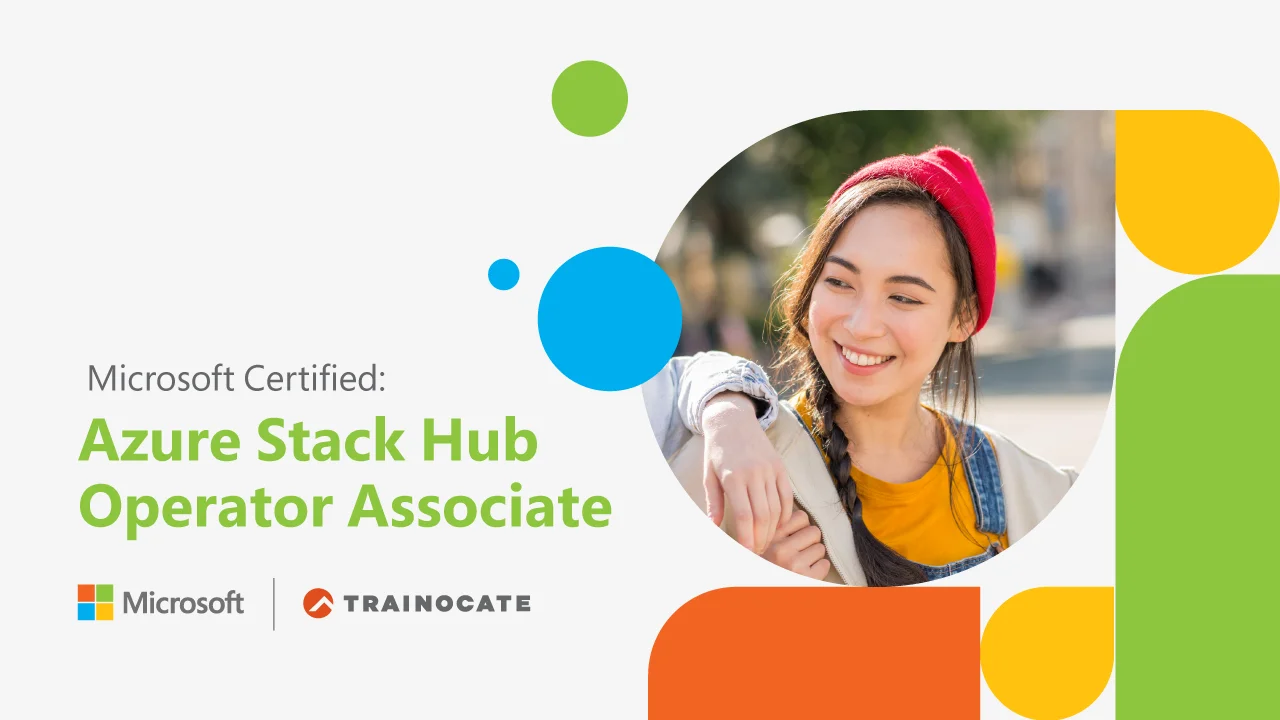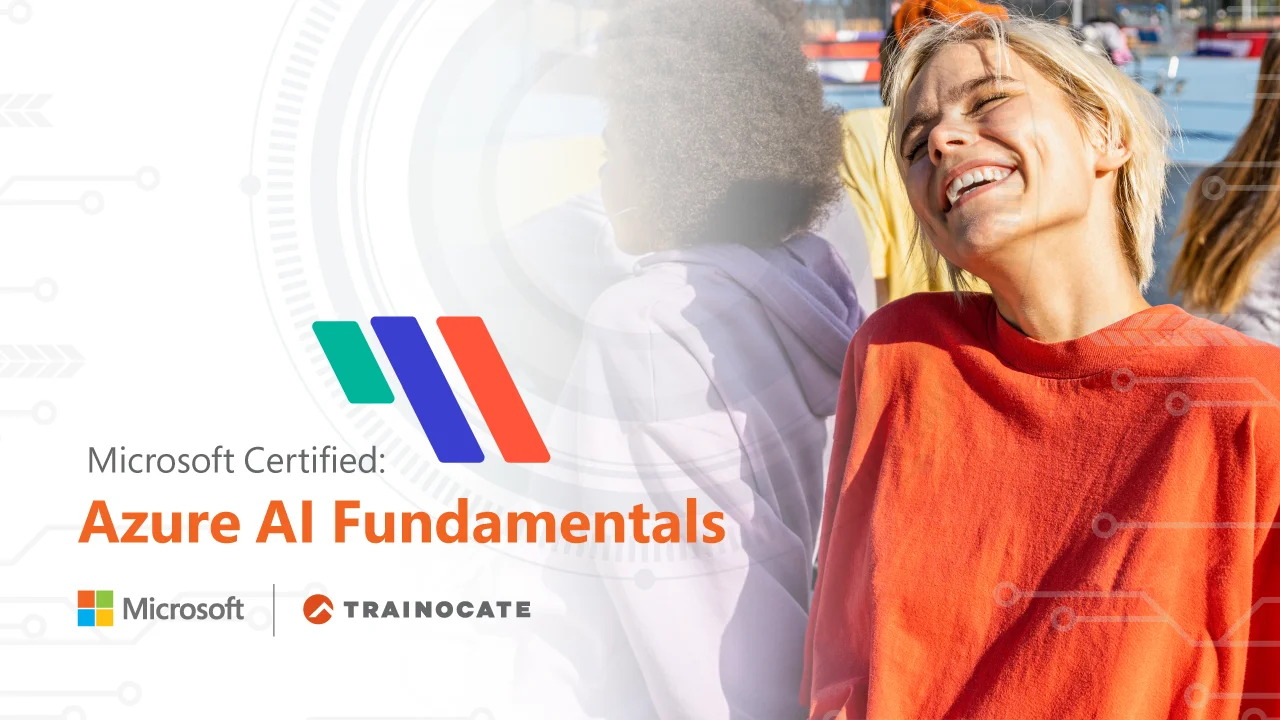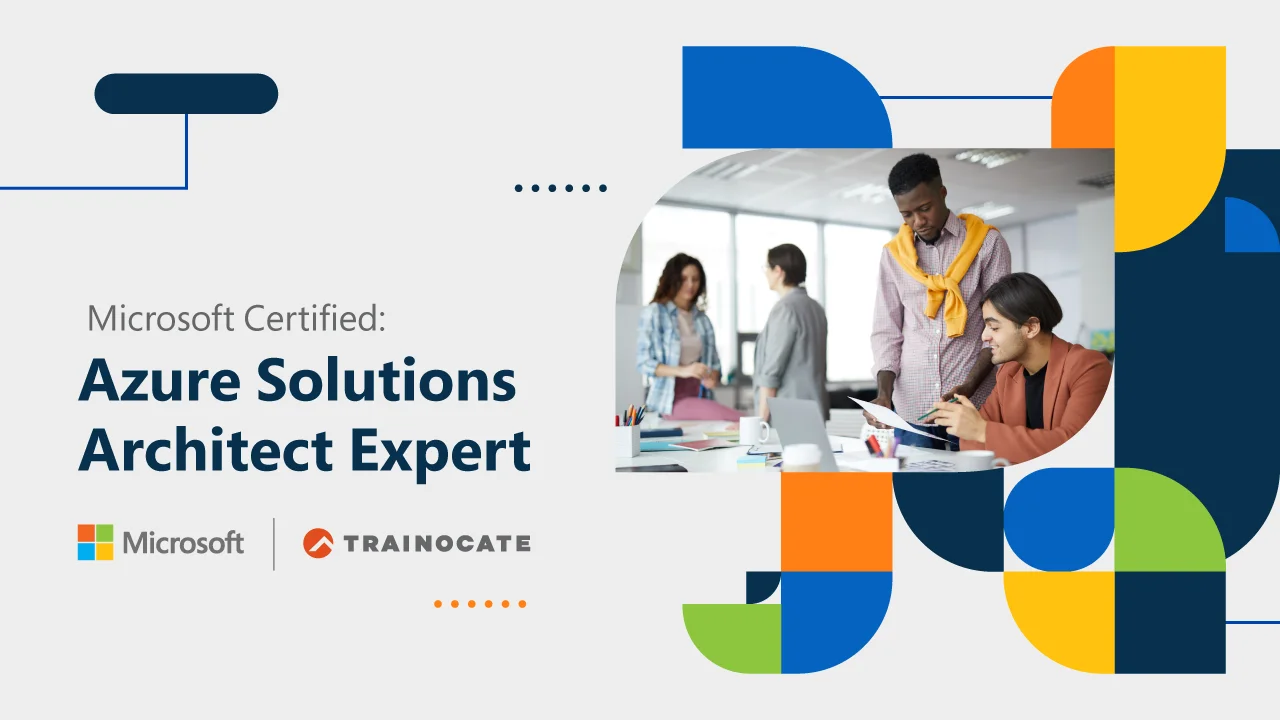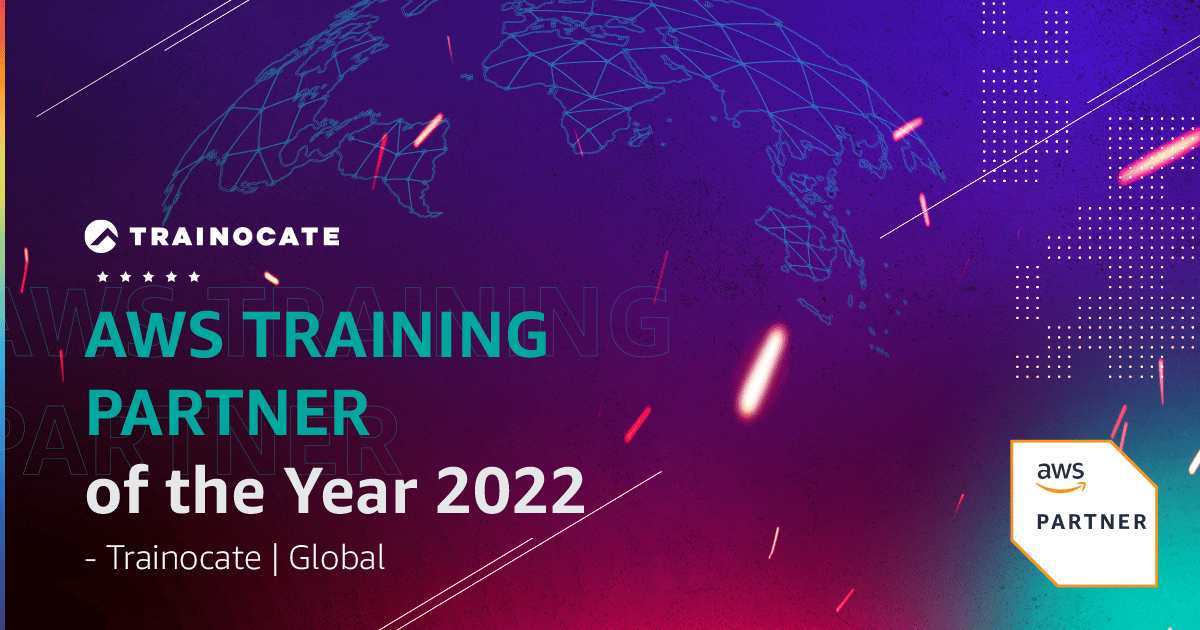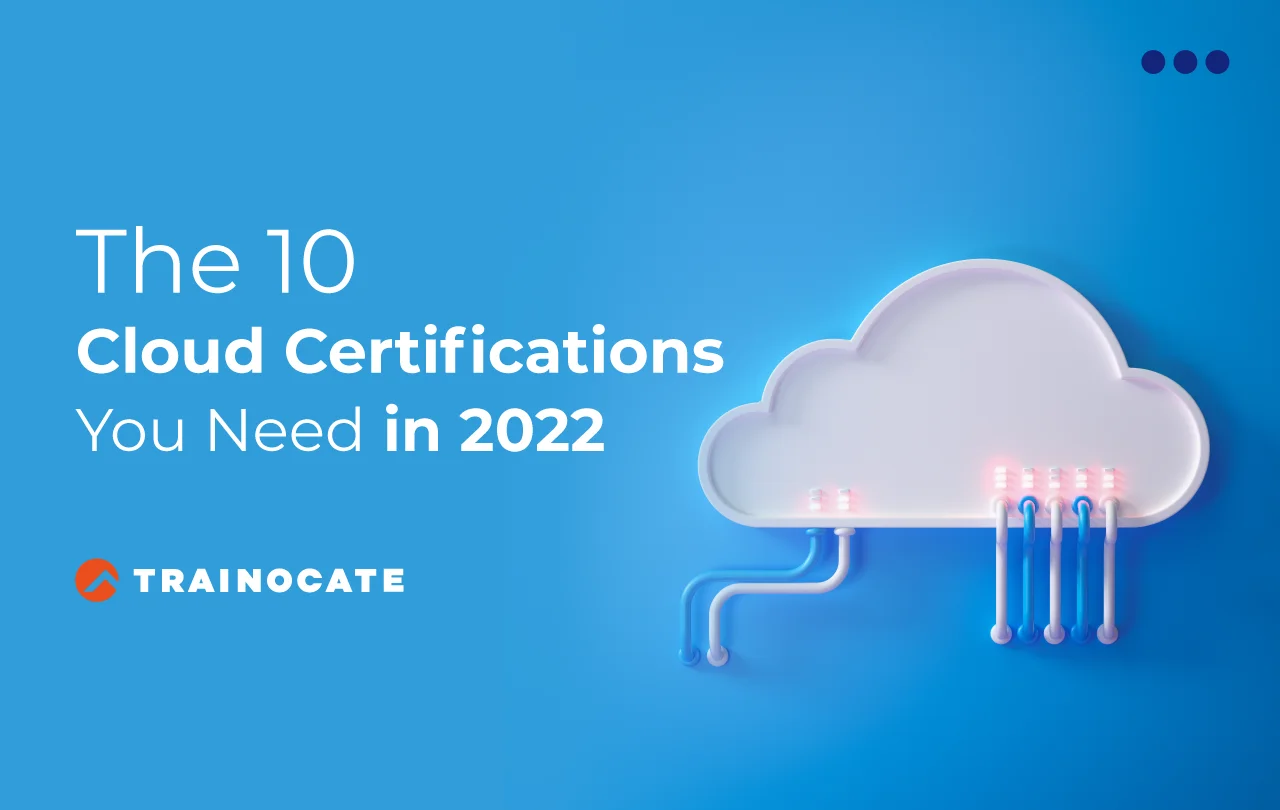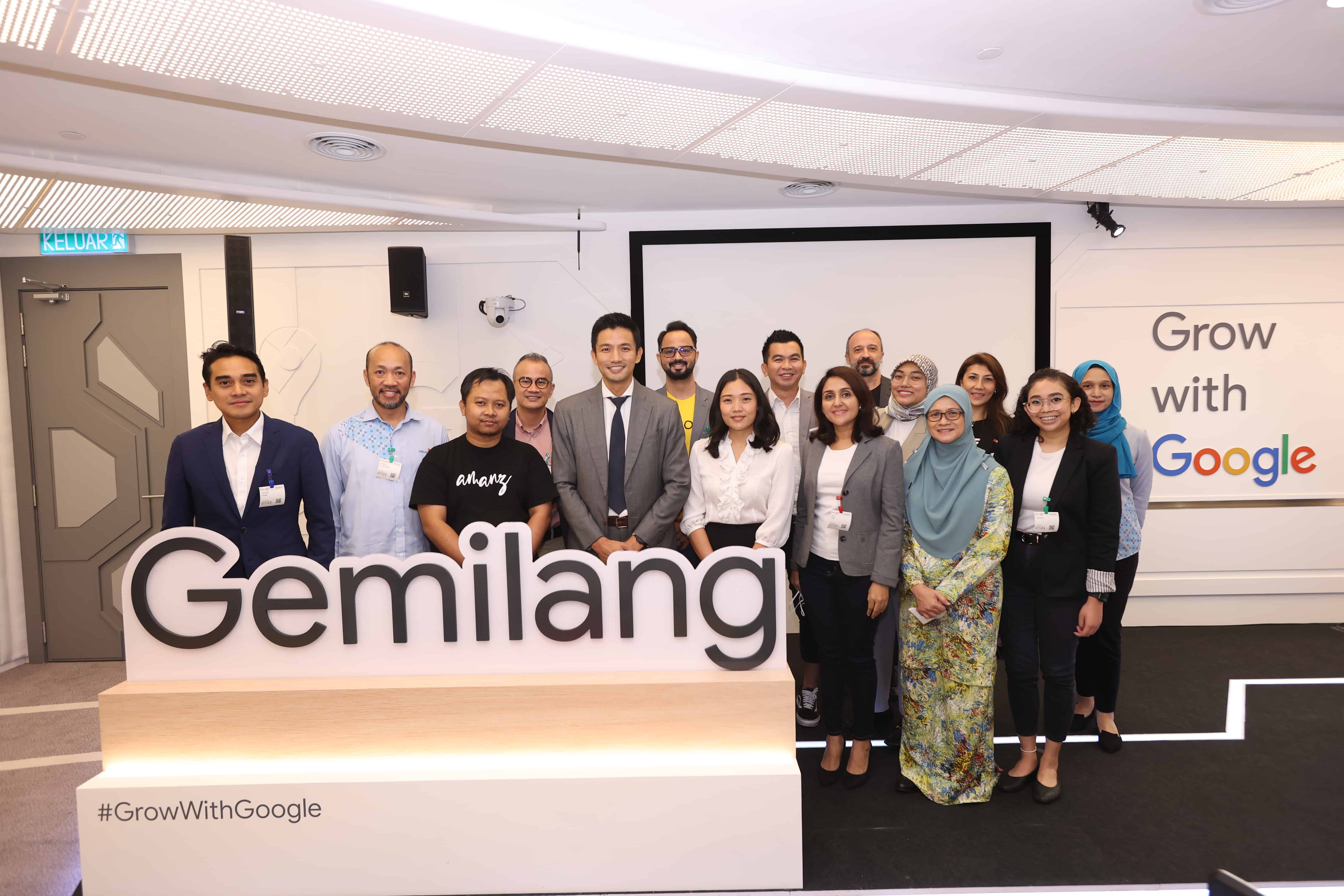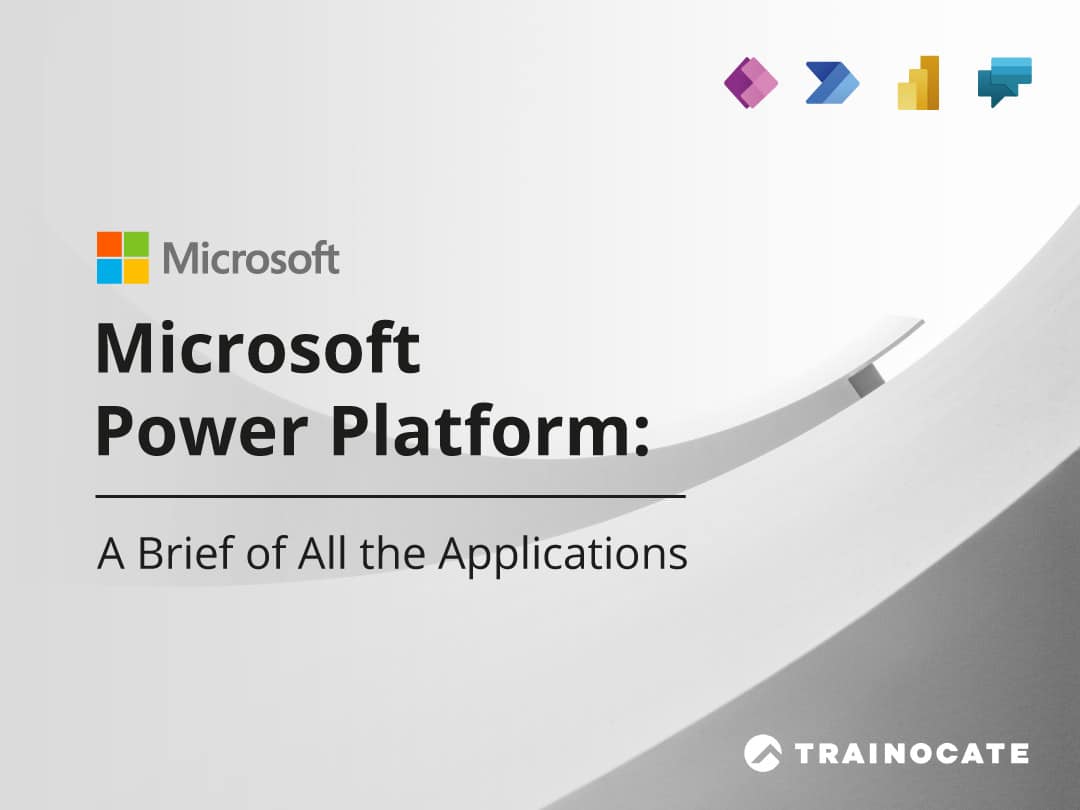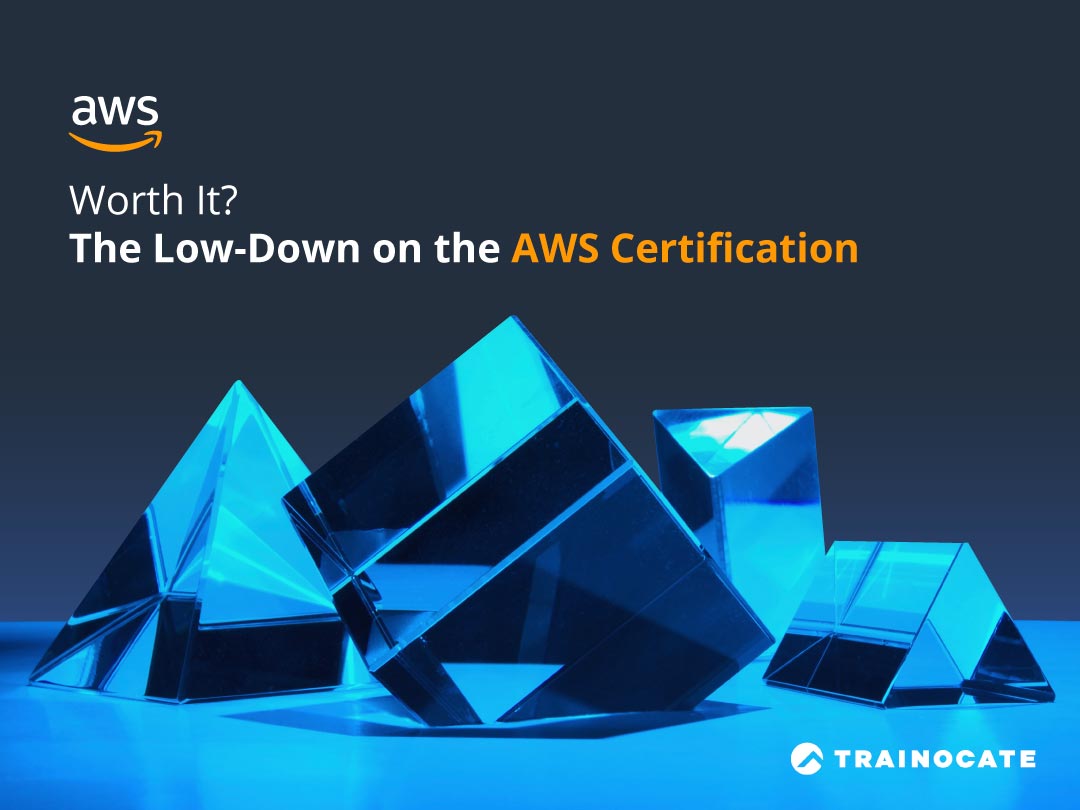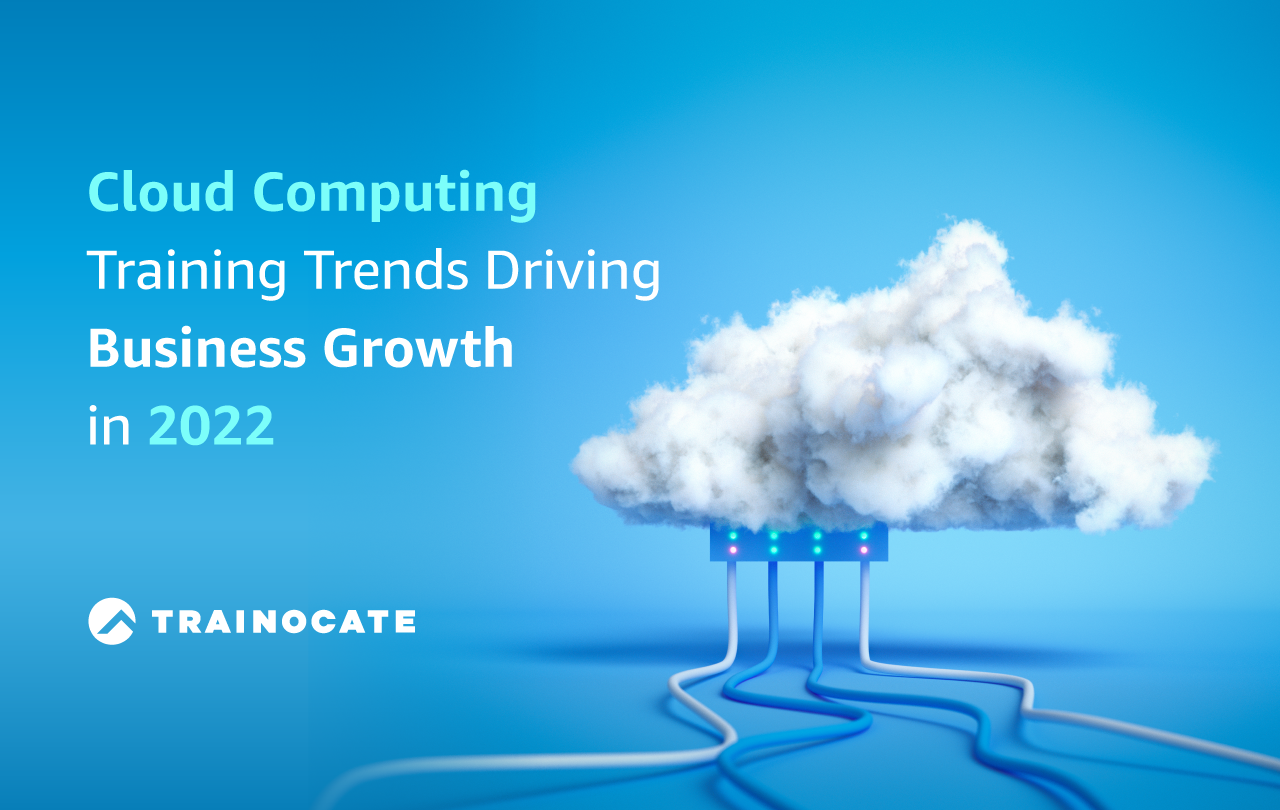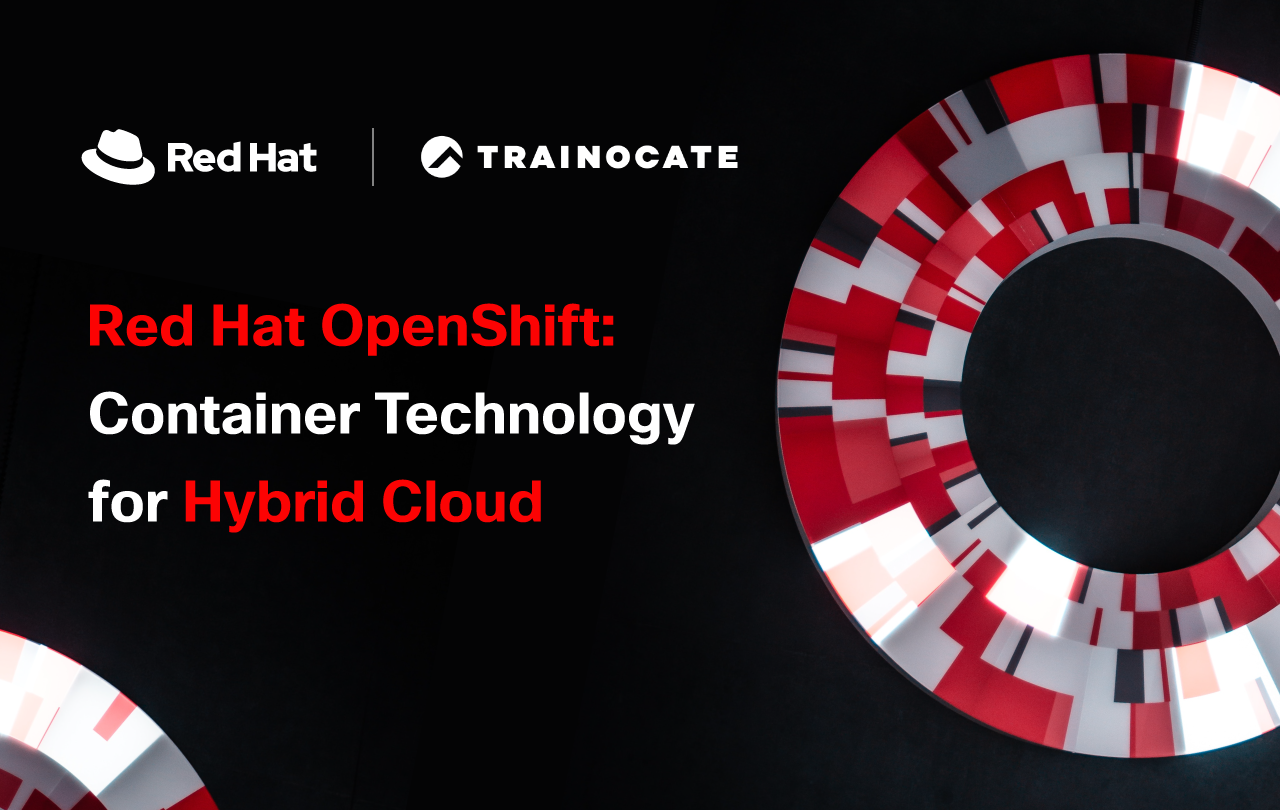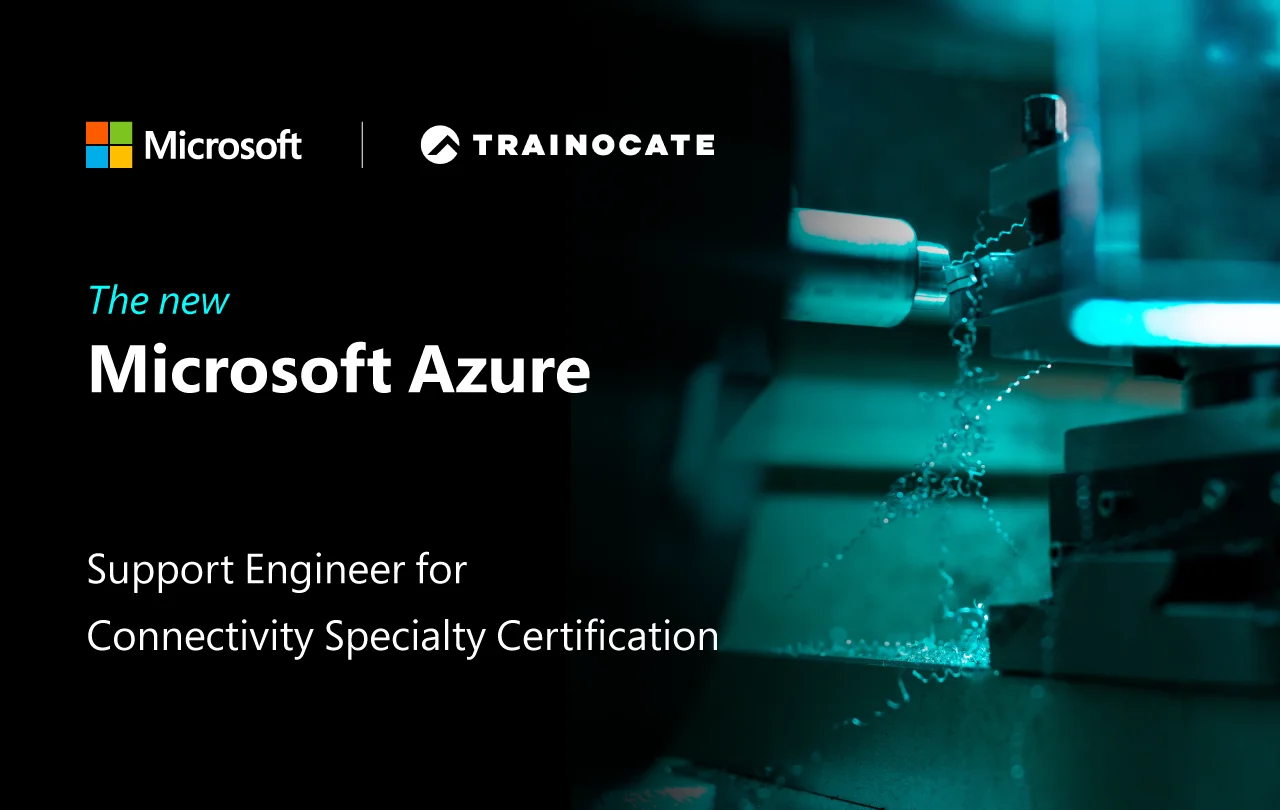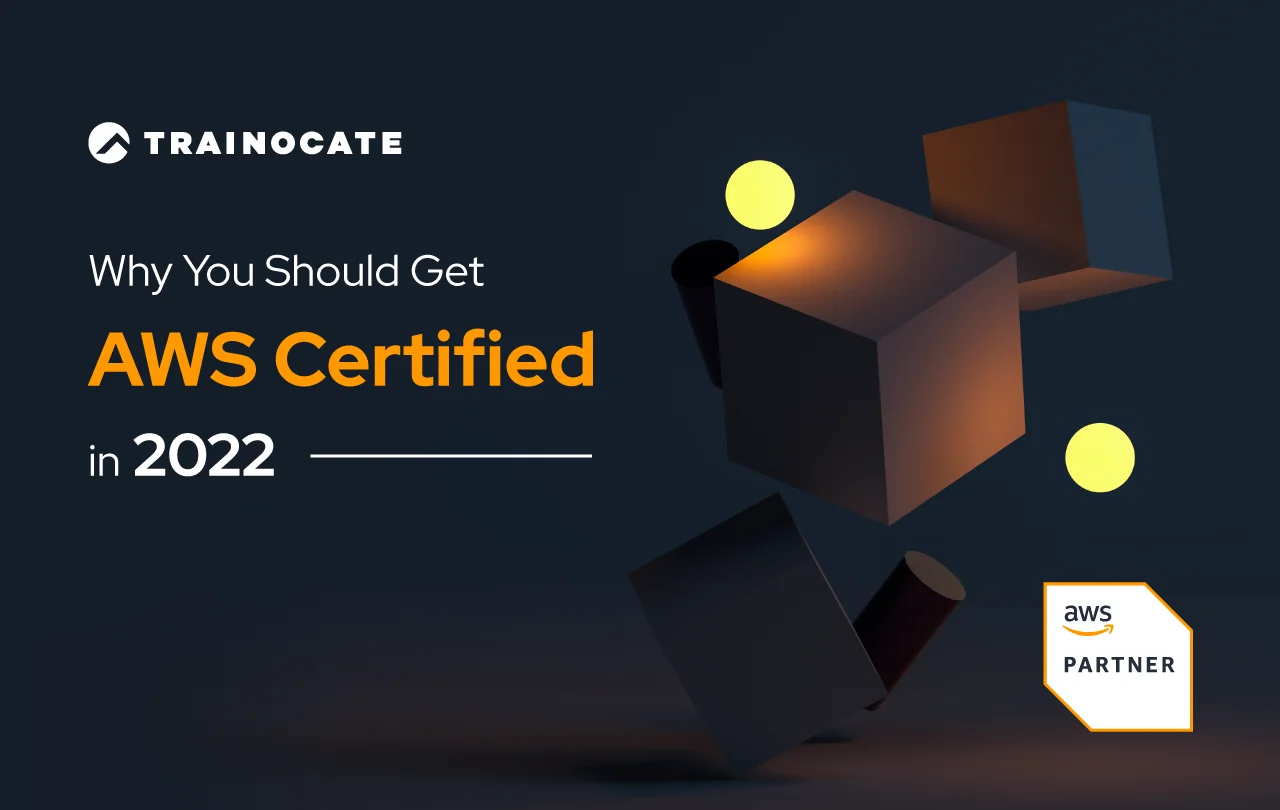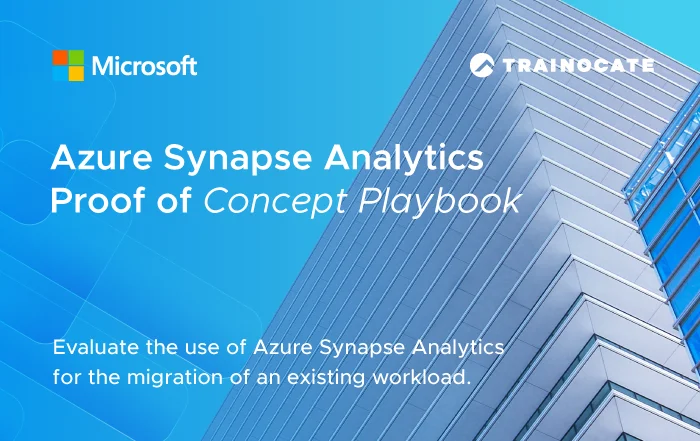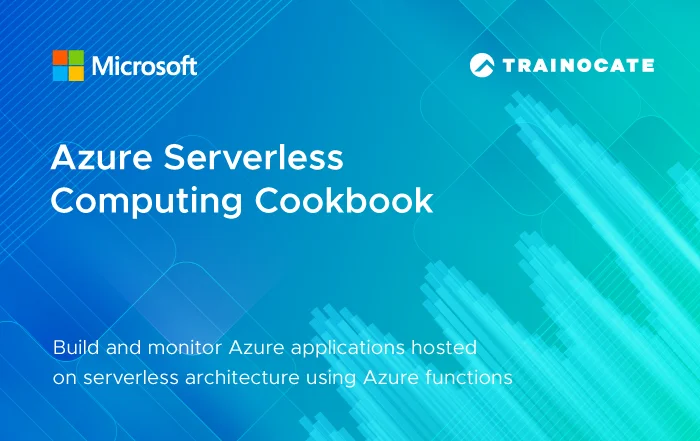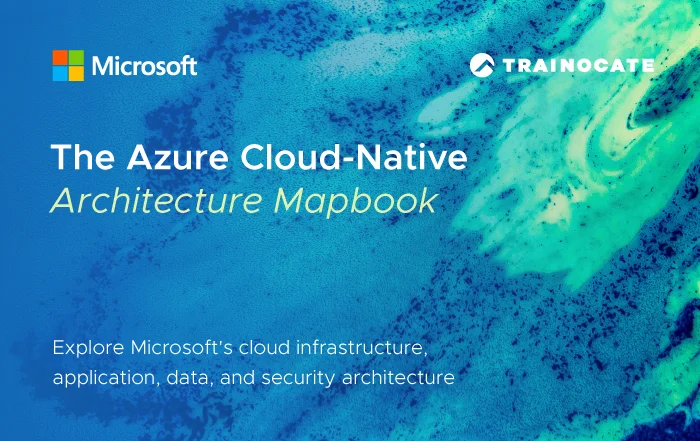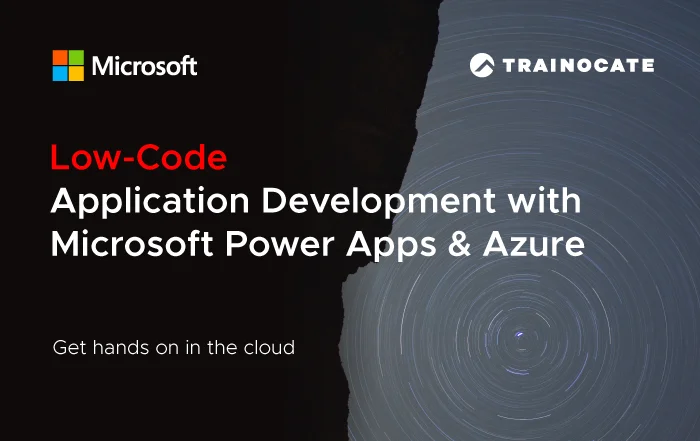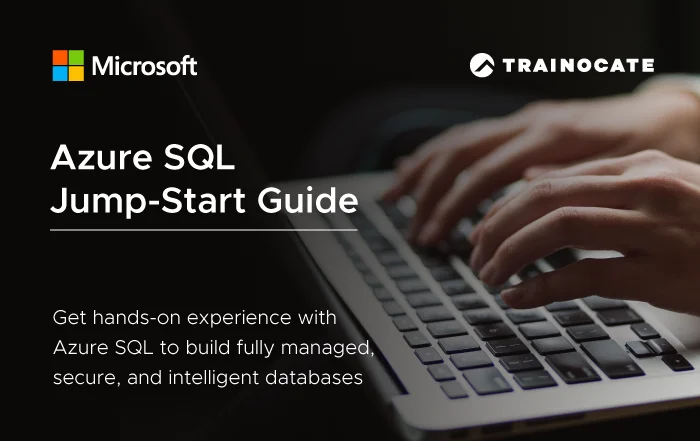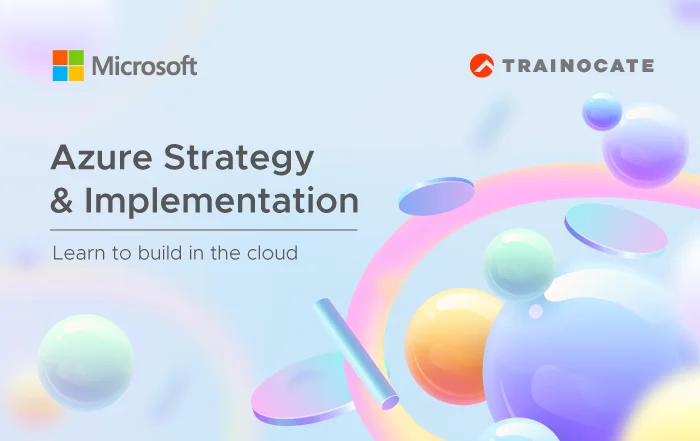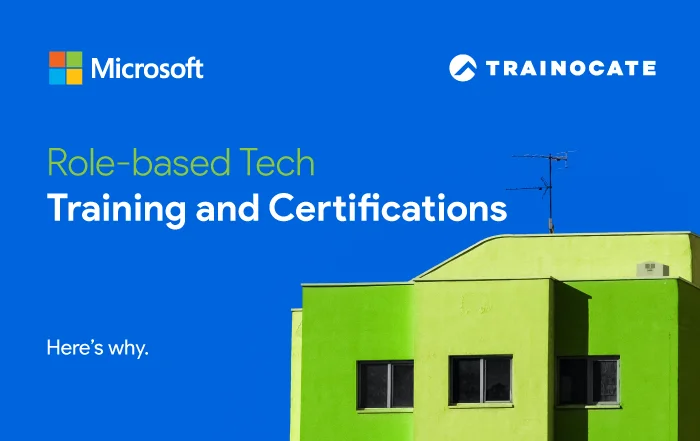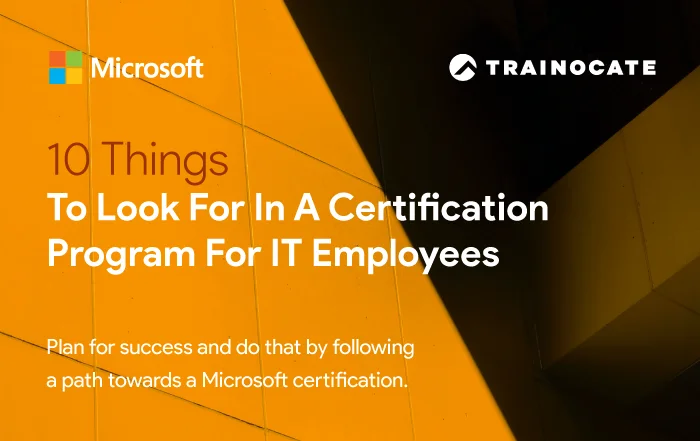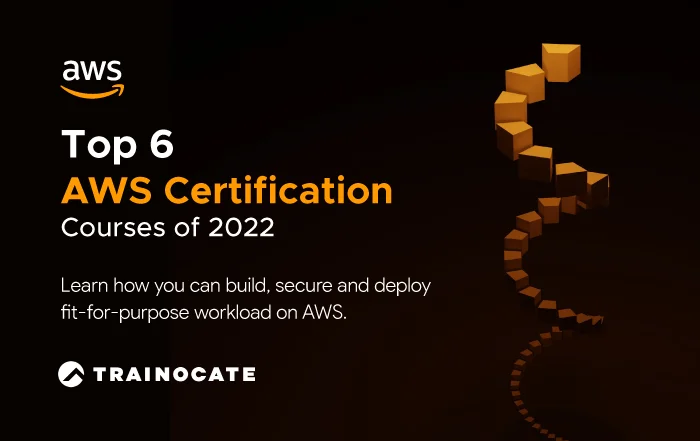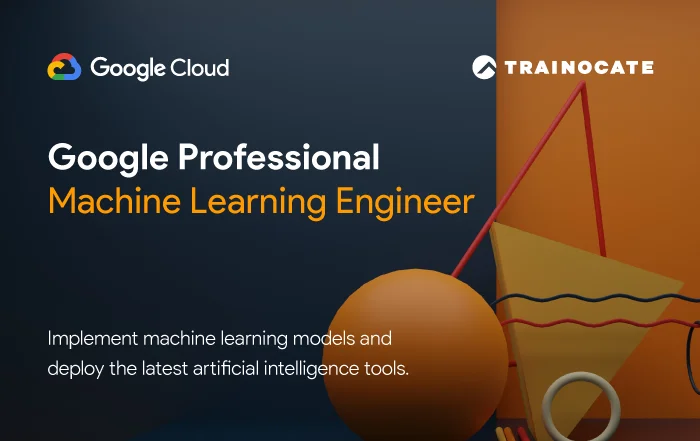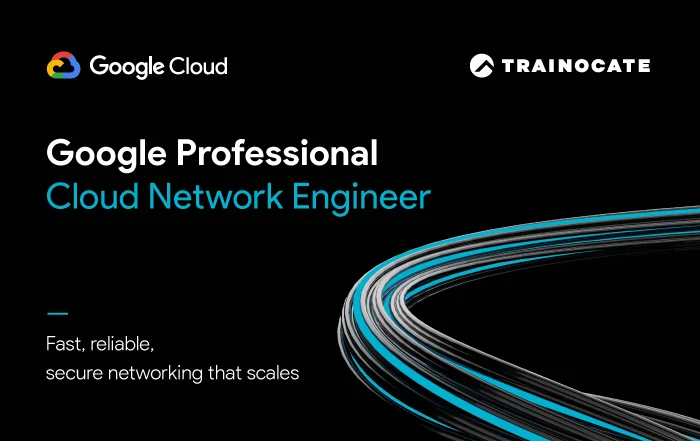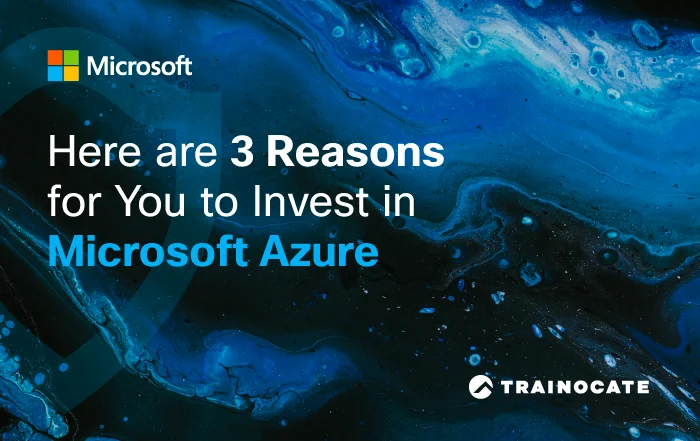Broad Network Access
This characteristic is common with other models and simply means that cloud services require networked connections between backend infrastructure (such as servers and storage) and frontend clients (such as laptops or smartphones).
Resource Pooling
In many cases, this involves virtualized resources, but in some cases, physical resources themselves are pooled together with a layer of software.
Rapid Elasticity
Here cloud computing services begin to drastically separate from other models. Rather than simply grouping resources into static pools, cloud resources can dynamically grow and shrink depending on the workload demands.
On-Demand Self-Service
In contrast to other models that require significant technical expertise to spin up, cloud services have simple methods that allow users with relatively limited technical skills to create or access resources.
Measured Service
Given the dynamic nature of cloud computing, the final characteristic is the ability to measure exactly how much resource is being used, which leads to the ability to charge for exact usage rather than purchasing or renting for a broad period of time.
Latest Posts
Beginner’s Guide to Cloud Certifications (AWS, Azure, Google Cloud, Oracle, Alibaba, VMware)
Cloud Certifications for Beginners: A Guide to AWS, Azure, Google Cloud, Oracle, Alibaba, VMware The demand for cloud computing expertise has grown rapidly as companies continue migrating to cloud-based systems. From ...
Cloud Computing vs. Traditional IT: Which Path is Right for You?
Nearly all modern organizations are transitioning to digital infrastructure and choosing cloud-based environments for their ability to streamline workflows, enhance operational efficiency, and deliver strong returns on investment. From government agencies ...
Why Cloud Computing is the Future of IT Careers in Malaysia
This article explains the future of IT in Malaysia because it details why cloud skills are essential for professionals who want to lead in the digital transformation of businesses. Cloud Jobs in ...
Top 5 High-Paying Cloud Jobs in Malaysia & How to Get Them
Malaysia’s digital economy is fast becoming a key driver of national growth. By 2025, it is expected to contribute 22.6% to GDP and create 500,000 new digital jobs under the MyDIGITAL initiative ...
Empower Your Career: How Oracle Helps You Thrive in Cloud and AI
Key Takeaways Trainocate Malaysia empowers IT professionals to upskill efficiently with Oracle training. Our programs address the digital skills gap and equip you with in-demand expertise. Continuous learning through ...
Microsoft Certified: Azure Administrator Associate
Cloud, today. It is well known fact across industries that Cloud computing is the fastest growing technology of the current era. “Public cloud spending will grow from $229 billion in 2019 nearly $1.35 ...
The Most In-Demand Google Cloud Certification in 2025: Google Associate Cloud Engineer
The Google Cloud infrastructure Google Cloud runs on the same global infrastructure that powers YouTube, Gmail, and other Google products used by billions of people around the world. Learn about Google Cloud’s approach to ...
Empowering Malaysian IT Professionals with Alibaba Cloud Computing Skills
Introduction The future of Malaysia’s tech industry lies in the clouds—quite literally. With businesses rapidly adopting digital transformation, cloud computing has become the cornerstone of innovation and efficiency. For IT ...
Top IT Skills 2025: Google Professional Cloud Architect
The technological transformation impacted various parts of our lives; the way we work and live and allow for unprecedented levels of virtual collaboration at a global scale, and the centre of all the paradigm ...
Cloud Computing in Malaysia Powering the Next Digital Era
Introduction As cloud computing continues to gain traction across Malaysia, IT professionals are stepping into pivotal roles at the forefront of digital transformation. The shift from traditional on-premise systems to ...
Building Expertise in Oracle Cloud Infrastructure: Your Path to Success in Malaysia’s Growing Cloud Industry
In today’s fast-paced digital economy, staying ahead means keeping your skills sharp and your knowledge relevant. The cloud industry is no exception—especially in Malaysia, where cloud adoption is accelerating as businesses ...
The Rising Demand for Alibaba Cloud Skills in Malaysia’s Digital Economy
Introduction Malaysia’s digital economy is projected to reach between US$45 billion to US$70 billion (approximately RM201.2 billion to RM312.9 billion) in Gross Merchandise Value (GMV) by 2030, driven by rapid ...
AWS re:Invent 2024: Your Guide to the Latest in AI, Cloud, and Cybersecurity
AWS re:Invent 2024: Your Guide to the Latest in AI, Cloud, & Cybersecurity Discover the groundbreaking announcements from AWS re:Invent 2024, including next-gen AI models, advanced cloud solutions, and enhanced security tools that ...
Trainocate Wins 2024 Global AWS Training Partner of the Year at re:Invent 2024
Trainocate has emerged as a leader, earning the coveted 2024 Global AWS Training Partner of the Year award at AWS re:Invent 2024 in Las Vegas. Announced during a Partner Awards Gala, ...
The Business Impact of Application Modernization with VMware Cloud
In an era where businesses face mounting pressure to innovate and meet dynamic customer demands, application modernization has become a strategic imperative. It is no longer just about upgrading technology; it ...
How VMware Cloud Foundation Secures Your Multi-Cloud, Networking, and App Modernization Infrastructure
Introduction: Navigating the Multi-Cloud Era The shift to multi-cloud environments and application modernization is no longer a choice—it’s a necessity. Companies are spreading workloads across different clouds to maximize efficiency, ...
Simplify Your IT Strategy: 10 Reasons to Choose VMware Cloud Foundation
Introduction: The Multi-Cloud Dilemma Struggling to manage the complexity of multi-cloud environments? You’re not alone—70% of organizations face challenges with fragmented infrastructures during migrations. The rise of multi-cloud strategies has revolutionized how organizations operate, ...
Your Complete Guide to AWS Cloud Certification and Training in 2025
Build expertise for the AWS Cloud in 2025. Amazon Web Services (AWS) continues to dominate the cloud computing landscape, offering a comprehensive suite of certifications that validate expertise across various domains. Whether you're an ...
The Best IT Certifications for Beginners in 2025
The pervasiveness of technology demands skilling up Technology is omnipresent in our lives. We are using technology more than ever to connect with friends, family and work to stay up to date with the ...
The Top 10 Cloud Certifications You Need in 2025
What’s driving the cloud revolution across industries? The need for businesses to stay agile, secure, and scalable in an ever-changing digital landscape. In Malaysia and the broader APAC region, cloud adoption is accelerating at ...
Are AWS Certifications Worth It in 2025
The Crucial Role of AWS Certifications The past decade has seen an explosion in the use of the public cloud. This is no surprise; with its ability to enable the quicker deployment, more agile ...
Top AWS Certifications for 2025
With the rising demand for cloud computing certified professionals, pursuing an AWS certification can be a game-changer in 2025. With numerous certifications available, we have compiled our list of top AWS certifications ranging from ...
Microsoft Certified: Azure Developer Associate (The Guide for 2025)
Microsoft Certified: Azure Developer Associate Regardless if you are working as a professional developer or you write code in your downtime, developing with Microsoft Azure puts the latest cloud technology and best-in-class developer ...
Top Skills You Need to Become an AI Architect
An AI architect designs AI systems that help businesses solve complex problems. They build the frameworks and infrastructure for AI technologies. In this article, we’ll explore the essential skills, key responsibilities, and steps you ...
The Value of Data: The ROI of Splunk Training for Organizations | Trainocate Malaysia
131% Data is rapidly becoming one of the most valuable assets in the modern business landscape. Organizations that can harness the power of data are in a prime position ...
Splunk for IT Professionals: Key Skills to Stay Ahead in 2025
131% As technology continues to evolve at a rapid pace, IT professionals are under constant pressure to stay current with the latest tools and trends. This fast-paced environment means that ...
Microsoft Certified: Azure Security Engineer Associate (The Guide for 2025)
Have you wondered what exactly a security engineer does? The security engineer is a vital part of any company's infrastructure. They work to keep our networks safe and secure, implementing new features or fixing ...
Microsoft Certified: Azure Database Administrator Associate (The Guide for 2025)
Now, you can solve today's global challenges with an ally in the (Azure) cloud. Microsoft Azure is considered one of the frontrunners within the cloud industry along with AWS and Google Cloud. With rising ...
Future-Proof Your Career with AWS Certifications: Here’s Why You Need One in 2025
Why Is It High Time to Get an AWS Certification? Most of you are probably well aware of the term cloud computing and might also be familiar with how the fast growing technology ...
Most in-demand Data Engineering Certification in 2025: Google Professional Data Engineer
Tech, today. There is no denying that the future of jobs is digital. With work at every level including some element of technology. Navigating the terrains of rapid transformations required companies to do two ...
In-demand IT Certification in 2025: Google Professional Cloud Developer
Transform your career and business by validating your skills in Google Cloud technology. Getting Started with Google Cloud Cloud technology is quickly becoming the heart of business operations with enterprise spending on cloud-based offerings ...
Top IT Security Skills in 2025: Google Professional Cloud Security Engineer
Google Cloud - Security solutions Solve your business challenges with Google Cloud and operate confidently with advanced security tools. With Google Cloud you gain the maximum protection on your data applications, infrastructure and customers from fraudulent activity, spam ...
Your Guide to Navigate Red Hat Open Stack in 2025
Background Today’s ever-changing market conditions demand businesses to be agile to meet the needs of customers and market conditions. For the technical professionals of any organization, this means having to push new services ...
Red Hat Ansible in 2025 | What is it and why you need it
Training and certification are the most important tools in your organization’s arsenal towards achieving success in your digital transformation. In today’s blogpost we will be discussing all things Red Hat Ansible. Background Businesses worldwide ...
From Frontier to Future: The Next Leap
Trainocate Malaysia Marks a Milestone with the Grand Opening of Its Second Training Center. On October 25, 2024, Trainocate Malaysia hit a major milestone, opening its second training center at the INC in ...
Level Up with Microsoft Azure Training & Certifications in 2024
Digital transformation is not a one-size-fits-all situation Organizations across industries and sizes were compelled to embrace technological transformations on a large scale in 2021 when the Covid pandemic hit and new norms were introduced. ...
The Importance of Microsoft Azure Training in the Digital Transformation Era
Microsoft Azure provides top tier cloud services used by enterprises worldwide. When operated at basic capacity, Microsoft Azure fulfills basic goals. However, training and certification for Microsoft Azure specialists can take it to the next level.
Are Cloud Certifications Still Relevant in 2025?
The Importance of Cloud Certifications in 2025 In today's world of technology, cloud computing has become the backbone of numerous industries. With its ability to provide scalable and flexible solutions, businesses are increasingly adopting ...
Trainocate Malaysia Wins Microsoft Training Partner of the Year 2024
We are thrilled to announce that Trainocate Malaysia has been named the Microsoft Training Partner of the Year 2024 for Malaysia, building on the success of being awarded the Microsoft Learning ...
How Cloud Architects Shape the Future of Digital Transformation
In the rapidly evolving landscape of digital transformation, cloud technology has become the backbone of innovation and efficiency. Businesses across the globe, including in Malaysia, are leveraging cloud solutions to drive their digital agendas. ...
The Future of Cloud Careers in Malaysia 2024
As Malaysia advances its digital economy, the demand for cloud professionals is growing rapidly. Cloud technology has become an essential part of the modern IT landscape, and businesses across various sectors are increasingly relying ...
Navigating the Cloud: Essential Skills for Cloud Administrators
In today's rapidly evolving digital landscape, the role of cloud administrators has become increasingly vital. As organizations continue to adopt cloud technologies to enhance scalability, security, and efficiency, the demand for skilled cloud administrators ...
In-demand Cloud Technology Skills – Insights from Malaysia’s Job Market
As Malaysia accelerates its digital transformation journey, cloud technology has emerged as a critical component of the nation's economic growth. The adoption of cloud services is driving innovation across various sectors, from finance ...
Maximize Your Productivity with Microsoft Copilot: A Complete Guide
Microsoft Copilot is an AI assistant within Microsoft 365 apps like Word, Excel, and Teams. It automates tasks and offers smart insights to boost productivity. This guide shows what Microsoft Copilot is, how ...
Top Microsoft Applied Skills Courses to Boost Your Career
Microsoft Applied Skills are scenario-based practical credentials that confirm your ability to tackle real-world challenges using Microsoft technologies. In this article, we will dive into what these skills are, how they ...
AWS Debuts 2 AI Certifications to Give You an Edge in Pursuing in-demand Cloud Jobs
According to AWS, Malaysian workers equipped with artificial intelligence (AI) skills and expertise could experience salary increases exceeding 40% Amazon Web Services (AWS) announced the launch of two ...
Master Your Cloud Career: Essential Azure Certifications for 2024
Master Your Cloud Career: Essential Azure Certifications for 2024 Targeting the most valuable Azure certifications for 2024? In the evolving landscape of cloud computing, Azure certifications stand out by ...
Navigating AWS Skill Builder: A Beginner’s Guide to CloudUplift
AWS Skills Builder: A Guide to Navigate the Platform Amidst the dynamic landscape of cloud computing, professionals are persistently in pursuit of in-demand cloud technology skills to distinguish themselves and ...
Unlocking the Power of AWS – Your Guide to CloudUplift: AWS for All
Unlocking the Power of AWS Your Guide to CloudUplift: AWS for Alll Navigating the Cloud: The Crucial Role of AWS in Today's Tech Landscape Amazon Web Services ...
What is AWS Skill Builder Team Subscription, actually?
About AWS Skill Builder Are you looking for ways to expand your AWS expertise or preparing for AWS cloud certification? AWS Skill Builder offers the resources and structured paths you need ...
Kubernetes Expertise: Unlocking Cloud Potential in Malaysia
Kubernetes in Malaysia In 2022, Kubernetes has already been adopted by 60 percent of organizations. As Kubernetes reshapes cloud computing in Malaysia, staying informed is key. This article provides a practical ...
Adopting Multicloud Strategies in Malaysia: A 2024 Roadmap
Let's talk about Multicloud Strategies Looking to implement multicloud strategies Malaysia? Cut through the noise with this focused guide. You’ll gain essential insights into creating a multicloud approach that addresses ...
Unveiling the future with Go Cloud!: Google Generative AI
What is Gen AI? Generative AI, often referred to as generative artificial intelligence, represents a transformative leap in the capabilities of artificial intelligence, as it is designed not merely to analyze ...
Transforming Productivity with Go Cloud!: Google Workspace End User
Google and Productivity Google's productivity tools are the unsung heroes of the digital realm, weaving magic into mundane tasks and transforming collaboration into a dynamic, synchronized dance. Picture this: Google ...
Unlocking the future with Go Cloud! Google Cloud Digital Leader
Your Introduction to Google Cloud Embarking on a journey into the digital realm requires a compass that not only points to innovation but also paves the way for unparalleled ...
Powering data-driven futures with Go Cloud! Google BI and Analytics with Looker
Unlocking the Power of Data Analytics with Looker Research indicates that a mere 25% of employees, on average, harness the potential of business intelligence tools to derive measurable value from ...
Top 10 Cloud Trends in 2024 You Should Know
The top 10 cloud trends are: Democratization of Development: The rise of low-code and no-code platforms is empowering more people to build applications without extensive programming knowledge. AI and Machine Learning Integration: Artificial intelligence ...
The evolution of the database administrator role with AWS
The exciting shifts in responsibility for database administrator. Before the advent of cloud-based solutions, database administrators (DBAs) and specialists were responsible for implementing and maintaining a single database system for the entire organization. This ...
Advance your serverless skills with new AWS training
The serverless approach allows for the creation of agile applications, enabling faster innovation and adaptation to change. The use of serverless computing means that tasks related to infrastructure management, such as capacity provisioning and ...
Learn to build a data warehousing solution with new AWS course
Amazon Redshift: The Key to Building a Modern Data Architecture The Data Warehousing Market is expected to Reach USD 85.7 Billion by 2032, experts in cloud-based data warehouse solutions are now more valuable than ...
Building a Modern Application Development Mindset with AWS
AWS: The modern application development platform. Applications in today's digital landscape require the ability to accommodate a potentially massive user base, be accessible globally, manage enormous amounts of data, and provide instantaneous responses. These ...
3 ways cloud security skills free you to innovate with confidence with AWS
Many businesses begin to explore cloud computing with a focus on cost savings. However, they soon discover the opportunities that arise from increased speed of innovation. Cloud resources allow companies to quickly provision and ...
The Benefits of Investing in AWS Cloud for Growing Businesses
AWS - the cloud that drives innovation. In today's turbulent market, small and medium-sized businesses face an uphill battle to maintain profitability in the midst of rising costs, security concerns and ever-evolving customer demands. ...
40 courses and more to build your AWS cybersecurity skills
What is Cybersecurity? Cybersecurity is a critical practice that involves protecting computers, networks, software applications, critical systems, and data from potential digital threats. It is the responsibility of organizations to secure data to maintain ...
Empower your team with AWS Machine Learning
Learn essential skills from the experts at AWS In today's rapidly changing world, it's more important than ever for businesses to stay ahead of the curve when it comes to technology. For many ...
10 study tips for the AWS Certified Database – Specialty Certification in 2024
Become in cloud expert in 2024 - get AWS certified today! Are you an IT professional eager to advance in the exciting world of cloud computing? AWS training and certifications offers the perfect launchpad ...
AWS Training and Certifications in 2025
Catapult your organization with AWS cloud fluency in 2025. Amazon Web Services (AWS) is the world’s most diversified and broadly adopted cloud platform, extending over 200 fully-featured services expounded from data centres all over ...
Strategies to Optimize AWS Infrastructure and Lower Costs
Amazon Web Services (AWS) offers a range of cost optimization strategies that help businesses efficiently manage their cloud resources and expenditures. AWS cost optimization is a key focus of this article, aimed at reducing ...
Unleashing Go Cloud! Mavericks: Google Workspace Administrator
Google Workspace Administrator In an era defined by digital transformation, cloud technologies have emerged as the cornerstone of innovation, enabling seamless collaboration, increased efficiency, and unparalleled accessibility to information. ...
Microsoft Certified: Azure Administrator Associate
Cloud, today. It is well known fact across industries that Cloud computing is the fastest growing technology of the current era. “Public cloud spending will grow from $229 billion in 2019 nearly $1.35 ...
AI Mastery Program: Learn AI with Microsoft in 2024
How to start learning AI in 2024 with Microsoft Artificial Intelligence (AI) has been one of the hottest topics in the tech industry for the past decade. With its rapid advancements and potential to ...
Go Cloud! All you need to know about the Google Cloud Skilling Programme
Malaysia’s Cloud Wave Cloud technology has emerged as a pivotal force in Malaysia, revolutionizing the country's digital landscape and driving unprecedented technological progress. Its implementation has led to improved operational efficiency, ...
Azure Certification Path 2024: Where to start with Azure Certifications
Discover Your Path to Azure Certification Success Azure certifications present a strategic advantage for IT professionals navigating today's cloud-driven, interconnected world. Whether you're a job seeker or an experienced professional, Azure certifications can significantly ...
The new Microsoft Azure Enterprise Data Analyst Associate certification
The new Microsoft Azure Enterprise Data Analyst Associate certification. Discover the all new Microsoft Certified: Azure Enterprise Data Analyst Associate certification that was released in mid-April 2022. With the ongoing digital transformation of businesses ...
Google Cloud – Your comprehensive list of Google Cloud training and certifications
Accelerate your digital transformation with Google Cloud certifications. Build apps faster, make smarter business decisions, and connect people anywhere. Google Cloud has become a go-to choice for leading companies to help in mitigating and ...
Are Cloud Certifications Still Relevant in 2024?
The Importance of Cloud Certifications in 2024 In today's world of technology, cloud computing has become the backbone of numerous industries. With its ability to provide scalable and flexible solutions, businesses ...
Your Guide to Top CompTIA Certifications in 2024
CompTIA is a leading voice and advocate for the $5 trillion global information technology ecosystem; and the estimated 75 million industry and tech professionals who design, implement, manage and safeguard the ...
Microsoft Certified: Azure AI Engineer Associate
Level up with Azure AI Engineer Certification. Microsoft Azure is a powerful cloud platform that can help you do everything from empowering productivity and ensuring security, all the way down to driving efficiency. The ...
3 Ways to Go from Database Administrator to AWS Database Innovator
As organizations strive for superior efficiency and maneuverability, the traditional one-sized relational databases are becoming outdated. Taking their place is an assortment of purpose-built databases that have been created to facilitate higher performance and ...
Top AWS Certifications for 2023
With the rising demand for cloud computing certified professionals, pursuing an AWS certification can be a game-changer in 2023. With numerous certifications available, we have compiled our list of top AWS certifications ranging from ...
Microsoft Certified: Azure Stack Hub Operator Associate
Unlock the power of cloud computing - no matter your location. With Azure Stack Hub, you can now bring the productive power of cloud computing to your on-premises environment! Keep all data within reach with ...
Microsoft Certified: Azure Virtual Desktop Specialty
Plan, deliver, and manage virtual desktop experiences and remote apps, for any device, on Azure. When Windows Virtual Desktop was introduced Sept 2019, remote working seemed like a distant possibility. However, the global pandemic had ...
Microsoft Certified: Azure Data Fundamentals
Are you ready to become a master of data in the cloud? If you want to be a top-notch data professional, your skills need to extend beyond the basics. Having an in-depth understanding of core ...
Microsoft Certified: Azure AI Fundamentals
Artificial intelligence (AI) is revolutionizing today's world, unlocking possibilities previously unimaginable. Through Microsoft Azure’s accessible services and tools, developers have the power to create applications that not only improve day-to-day life but also address societal ...
Microsoft Certified: Azure for SAP Workloads Specialty
Gain the expertise that's key to the successful implementation, integration and extended operation of your SAP solution on Microsoft Azure. Azure for SAP Workloads professionals boasts an unparalleled capability in the realm of SAP systems ...
Microsoft Certified: Azure Fundamentals
Gain the edge in your career by getting up to speed with Azure cloud technology. This Azure foundation certificate will give you an excellent opportunity to launch into new heights. Get ready to dive ...
Microsoft Certified: Azure Solutions Architect Expert
No longer are organizations at the whims of traditional IT solutions - cloud computing has revolutionized how work gets done. This new era brings incredible opportunities, though it also requires businesses to adjust their strategies ...
Microsoft Certified: Azure Network Engineer Associate
With a robust infrastructure that spans 60+ regions, 170+ PoPs worldwide and 165,000 miles of private fibre — Azure offers unparalleled performance & scale to meet any workload requirement. High availability & enterprise-grade security promise ...
Microsoft Certified: DevOps Engineer Expert
Level Up with DevOps Engineer Expert certification in 2024. DevOps Engineers bridge the gap between developers, operations teams and businesses - facilitating high-velocity innovation through collaborative practices that bring together people, processes and technologies. ...
Are AWS Certifications Worth It in 2023?
The Crucial Role of AWS Certifications The past decade has seen an explosion in the use of the public cloud. This is no surprise; with its ability to enable the quicker deployment, more agile ...
Microsoft Certified: Azure Data Engineer Associate
Level up and join an elite group of Azure Data Engineers in 2023. Accelerate your business with the power of data. Advanced analytics power the transformation that drives our business forward. The availability of data ...
Microsoft Certified: Azure Data Scientist Associate
Become a Trusted Data Science Professional with the Microsoft Certified: Azure Data Scientist Associate Azure Data Scientists apply data science and machine learning to implement and run machine learning workloads on Azure. The demand ...
Microsoft Certified: Azure Security Engineer Associate (The Guide for 2023)
Have you wondered what exactly a security engineer does? The security engineer is a vital part of any company's infrastructure. They work to keep our networks safe and secure, implementing new features or fixing old ...
Trainocate wins Global AWS Training Partner of the Year, 2022
Trainocate was recognized as the global Training Partner of the Year, 2022 (Global) at the AWS Partner Awards for our role in helping customers drive innovation and build solutions on Amazon Web Services (AWS). Team ...
The Top 10 Cloud Certifications You Need in 2022
To be a competent IT Professional is to remain one step ahead of the game. Anticipating what your end users might need and potentially solving issues before it even crops up. It goes without ...
Microsoft Certified: Azure Database Administrator Associate (The Guide for 2023)
Now, you can solve today's global challenges with an ally in the (Azure) cloud. Microsoft Azure is considered one of the frontrunners within the cloud industry along with AWS and Google Cloud. With rising numbers ...
Google Gemilang: Trainocate Malaysia works to bridge digital skills gap with Google
According to the Malaysia Digital Economy Corporation (MDEC), Malaysia's digital job vacancies has been on a steady rise, having tripled showing 88 per cent of Malaysians surveyed ready to acquire new skills or completely ...
Microsoft Power Platform: A Brief of All the Applications
Microsoft Power Platform was born out of this concept of enterprises having an ever-increasing flow of data everywhere. The concept that enterprises can use data and insights to drive intelligent business operations is where Power ...
What IT Training is Most In-Demand 2022? Google Professional Data Engineer
Tech, today. There is no denying that the future of jobs is digital. With work at every level including some element of technology. Navigating the terrains of rapid transformations required companies to do two things ...
In-demand IT Skills in 2022: Google Professional Cloud Developer
Transform your career and business by validating your skills in Google Cloud technology. Getting Started with Google Cloud Cloud technology is quickly becoming the heart of business operations with enterprise spending on cloud-based offerings ...
Microsoft Certified: Azure Developer Associate (The Guide for 2022)
Microsoft Certified: Azure Developer Associate Regardless if you are working as a professional developer or you write code in your downtime, developing with Microsoft Azure puts the latest cloud technology and best-in-class developer tools at ...
Microsoft 365 Certification: Advancing Career With Role-based Expertise
Microsoft 365 brings teams closer, and the workplace better with tools that challenge limitations to productivity. The role-based certifications taps into the continuous challenges faced by enterprises and removes those barriers with specialized skills set.
Your Guide to Red Hat OpenShift in 2025
The cadence of today’s business landscape demands for organizations put speed and agility at the forefront of their software infrastructure. Organizations are also delivering applications faster than ever before. However, managing applications traversing ...
Top IT Security Skills in 2022: Google Professional Cloud Security Engineer
Google Cloud - Security solutions Solve your business challenges with Google Cloud and operate confidently with advanced security tools. With Google Cloud you gain the maximum protection on your data applications, infrastructure and customers from fraudulent activity, spam and ...
Worth It? The Low-Down on the AWS Certification in 2022
AWS Certification validates cloud expertise to help professionals highlight in-demand skills and organizations build effective, innovative teams for cloud initiatives using AWS. Choose from diverse certification exams by role and specialty designed to empower individuals ...
Cloud Computing Training Trends Driving Business Growth in 2022
The need for cloud trained workers is rapidly increasing. Do you have what it takes? The cloud is rapidly becoming the new normal for businesses of all sizes. In fact, it's now estimated that ...
Level Up your Red Hat OpenShift skills to run Kubernetes at enterprise scale
Red Hat OpenShift: Container technology for hybrid cloud. Organizations need to deliver and transform applications faster than ever, but managing an application portfolio spanning different architectures and frameworks—while also building new applications and modernizing existing ...
Coming soon: The New Microsoft Azure Support Engineer for Connectivity Specialty Certification
Launching soon: Microsoft Azure Support Engineer for Connectivity Specialty Microsoft's Azure training and certification portfolio continues to expand and evolve, and as part of the expansion, has recently announced the addition of the new Microsoft ...
Level Up: Why You Should Get AWS Certified in 2022
It's no secret that the cloud is growing more and more popular every day. In fact, according to a recent study, the cloud market is expected to reach US$ 1,949 Billion by 2032. That's ...
Your Complete Guide to AWS Cloud Certification and Training in 2023
Build expertise for the AWS Cloud in 2023. A study featured in a Guardian article mentions that the IT sector is growing at a staggering rate. In fact, it claims that the sector is ...
Azure Synapse Analytics Proof of Concept Playbook
Whether it is an enterprise data warehouse migration, a big data re-platforming, or a greenfield implementation; each project traditionally starts with a proof of concept. This Proof of Concept playbook provides a high-level methodology ...
Azure Serverless Computing Cookbook
Am introduction to serverless computing. Every software application requires back-end components that are responsible for taking care of the business logic and storing data in some kind of storage, such as databases and filesystems. Each ...
The Azure Cloud-Native Architecture Mapbook
This blog post is intended to give you a low-down on what to expect from The Azure Cloud-Native Architecture Mapbook. The Azure Cloud-Native Architecture Mapbook is broad and encompasses multiple architecture disciplines and concepts, so ...
Your Microsoft Guide: Low-code Application Development with Microsoft Power Apps & Azure
Low-code application development with Microsoft Power Apps and Azure The growing requirements placed on applications. These days, even a simple web page is actually a highly complex application. No single web programmer writes all that ...
A Guide: Azure SQL Jump-Start
Gain hands on experience with Azure SQL to build fully managed, secure, and intelligent databases. Obtain an in-depth understanding and experience optimized performance, security, and durability on an intelligent, scalable, and always up-to-date platform. Use ...
Azure Strategy and Implementation Guide
The Azure Strategy and Implementation Guide provides readers with key insights into cloud transformation with Azure. Today’s businesses face significant challenges, from enabling remote work and responding to increased cyberattacks to managing reduced cash flow. ...
5 reasons why role-based tech training & certification is the secret to business success
In this blog post we reveal the 5 reasons why role-based tech training & certification is the secret to business success. Microsoft Training and Certifications at Trainocate Malaysia Whether you’re an established professional or new ...
Microsoft Certifications 2022: 10 Things to Look for in an IT Program for Your Employees
10 Things to Look for in an IT Program for Your Employees We live in a rapidly changing world of technology, where every day brings innovation. How can you keep pace in this era of ...
Microsoft Certification 2022: 10 Reasons to Earn a MSFT Certification
Microsoft Certification courses Why get Microsoft certified? There’s a high demand today for IT professionals with skills in cybersecurity, networking, and the cloud—and, according to the 2018 Pearson VUE report on the value of IT ...
Our Top 6 AWS Training and Certifications in 2022
Build Fluency in the cloud with AWS Training and Certification Technology is at the disruptive edge of the job market—a precipice that’s in constant change, where it pays to be flexible. Learning new skills ...
How you benefit from AWS Certifications and Training in 2022
Introducing you to AWS Cloud Computing Let us first start by introducing you to the AWS Cloud Computing universe. Amazon Web Services (AWS) is the world’s most comprehensive and broadly adopted cloud platform, offering over 200 ...
Top IT Certifications of 2022: Google Cloud Professional Machine Learning Engineer
Google Cloud Training and Certifications in 2022 Most organizations around the world and across multiple industries are in the midst of digitally transforming their businesses. For many organizations and businesses, the Covid-19 has accelerated the speed of this paradigm shift. These digital ...
Gain Top IT Skills for 2022: Google Professional Collaboration Engineer
Google Cloud Certifications As cloud adoption continues to rapidly grow so do the capabilities of what the technology can achieve, and the need for skills that can take advantage of the latest cloud advancements. Google ...
Top Technology Skills on 2022: Google Professional Cloud Network Engineer
Google Cloud Networking Google Cloud offers a broad portfolio of networking services built on top of planet-scale infrastructure that leverages automation, advanced AI, and programmability, enabling enterprises to connect, scale, secure, modernize and optimize their ...
Top IT Skills 2022: Google Professional Cloud Architect
The technological transformation impacted various parts of our lives; the way we work and live and allow for unprecedented levels of virtual collaboration at a global scale, and the centre of all the paradigm shifts ...
The Most In-Demand IT Skills 2022: Google Associate Cloud Engineer
The Google Cloud infrastructure Google Cloud runs on the same global infrastructure that powers YouTube, Gmail, and other Google products used by billions of people around the world. Learn about Google Cloud’s approach to infrastructure ...
Here are 3 Reasons For You to Invest in Microsoft Azure
Get started with Microsoft Azure Grow your skills to build and manage applications in the cloud, on-premises, and at the edge. The Azure cloud platform is more than 200 products and cloud services designed to ...

